Today, the International Day to End Violence Against Women and Girls, we call for a renewed commitment to this work in the U.S. The UN Women’s executive director has called for governments to make visible at the highest level a “commitment to addressing violence against women and girls in the context of COVID-19.” As we approach 2021 and look forward to a new federal administration in the U.S., we not only encourage our government to act immediately to work to end violence against women and girls (VAWG), but we also remind individuals and communities of the important roles they play in this work.
A commitment to ending VAWG is critical during the COVID-19 global pandemic. We know the facts: Violence against women is a human rights violation of pandemic proportions — and it is exacerbated during times of job loss, economic insecurity, and extended periods of time at home. COVID-19 has brought many stressors into homes across the U.S., and reports of domestic violence and child abuse, including sexual assault, have increased.
Even prior to the pandemic, one in three women worldwide (including in the U.S.) experienced physical or sexual violence, most often at the hands of an intimate partner. VAWG increases when families face economic challenges, including unemployment. Coping with health needs and concerns, grieving the deaths of loved ones, and caring for children have also contributed to higher stress levels, leading to an increase in VAWG. Furthermore, limited interactions with caring communities and a change in the nature and availability of services compound the problem and contribute to the violence that occurs behind closed doors.
We need to be vigilant in addressing violence and abuse and raise awareness on international, national, and local levels. First, we encourage our government to disseminate a strong message calling for an end to violence against women. We recognize that President-elect Biden and Vice President-elect Harris have a lot on their respective plates right now, most notably the tremendous pressure to respond to the health crisis brought about by COVID-19 and its threat to all Americans. By prioritizing COVID-19 relief, the incoming administration also has an opportunity to begin reversing some of the negative effects the coronavirus pandemic has had in terms of VAWG.
Biden has prioritized ending violence against women legislatively in the past, but this issue needs to be brought to the forefront once more. An important immediate response is to reinstate the Violence Against Women Act (VAWA) — originally co-authored by Biden during his days in the Senate, and renewed many times. VAWA supported a National Panel on Violence Against Women (on which Linda Williams served) designed to develop a research agenda to increase the understanding and control of violence against women and has supported quality care for victims while also mandating research efforts to support important violence against women research.
This act last expired in 2019. The most recent version, passed by the House of Representatives, addressed issues of violence against BIPOC women and the LGBTQ community, all of which are critical to combating VAWG today. Passage and reauthorization of a new VAWA will have to overcome the roadblocks previously encountered in the Senate, and its fate may depend on the results of the Georgia runoff races. We urge all government leaders to recognize the importance of a VAWA that is good for all women, children, and families — especially those who identify as BIPOC.
A decisive position is needed to lead us out of this dark time in the history of violence against women. Once we’ve reached the other side of the pandemic, there needs to be a focused effort — supported by ongoing research and community collaboration — leading to a consortium of federal agencies, researchers, practitioners, and survivors that will examine the next steps needed to end VAWG and to address social norms that promote it.
It is also critically important for the new administration to amend the regulations on how colleges and universities respond to sexual assault, not only to assure women’s equal access to education as provided by Title IX, but also to contribute to a change in the culture that currently, at best, minimizes and, at worst, encourages sexual violence, physical abuse, and sexual harassment of women and girls. On this day dedicated to ending violence against women and girls, it is time to stop minimizing the experiences of victims and to take decisive action to hold men accountable, starting at the highest levels of government.
Linda M. Williams, Ph.D., is director of the Justice and Gender-Based Violence Research Initiative at the Wellesley Centers for Women at Wellesley College. Her research focuses on the justice system response to sexual violence, commercial sexual exploitation of women and children, human trafficking, intimate partner violence, and child maltreatment.
Hayley Moniz is a member of the Wellesley College class of 2022 who is majoring in Sociology. At the Wellesley Centers for Women, she was awarded the Class of 1967 Internship for the 2020-2021 academic year, which supports her work with Dr. Williams on the justice system response to sexual violence.


 We at the Wellesley Centers for Women are starting our week with a sense of hope and possibility. We are proud to have a new
We at the Wellesley Centers for Women are starting our week with a sense of hope and possibility. We are proud to have a new 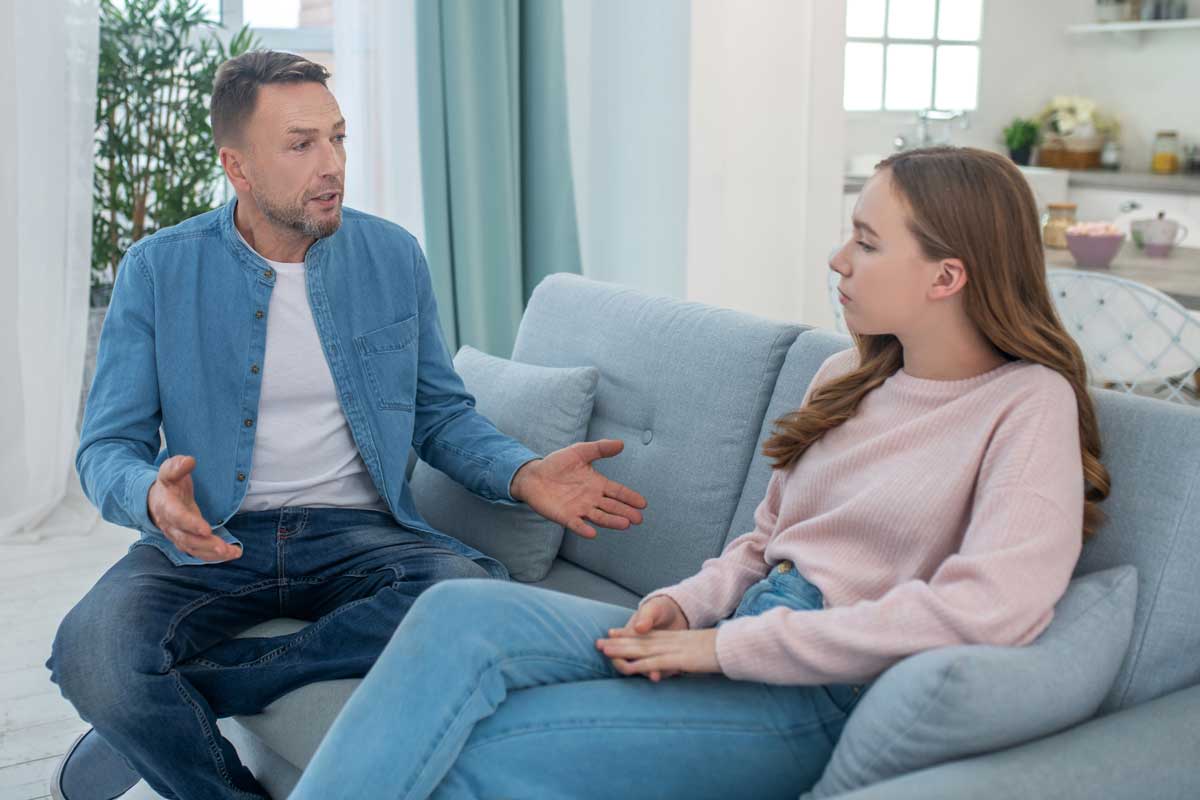 The pandemic has altered family life in unexpected ways.
The pandemic has altered family life in unexpected ways. 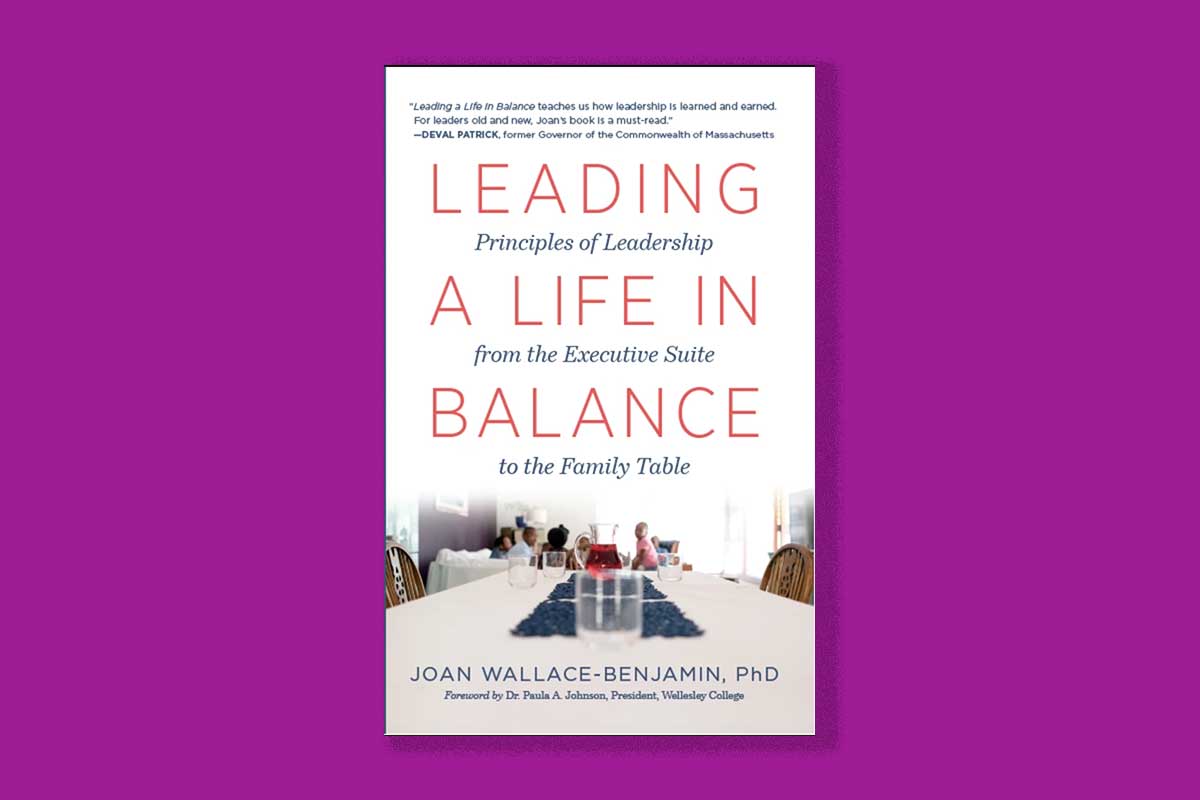 In my recently released book,
In my recently released book, 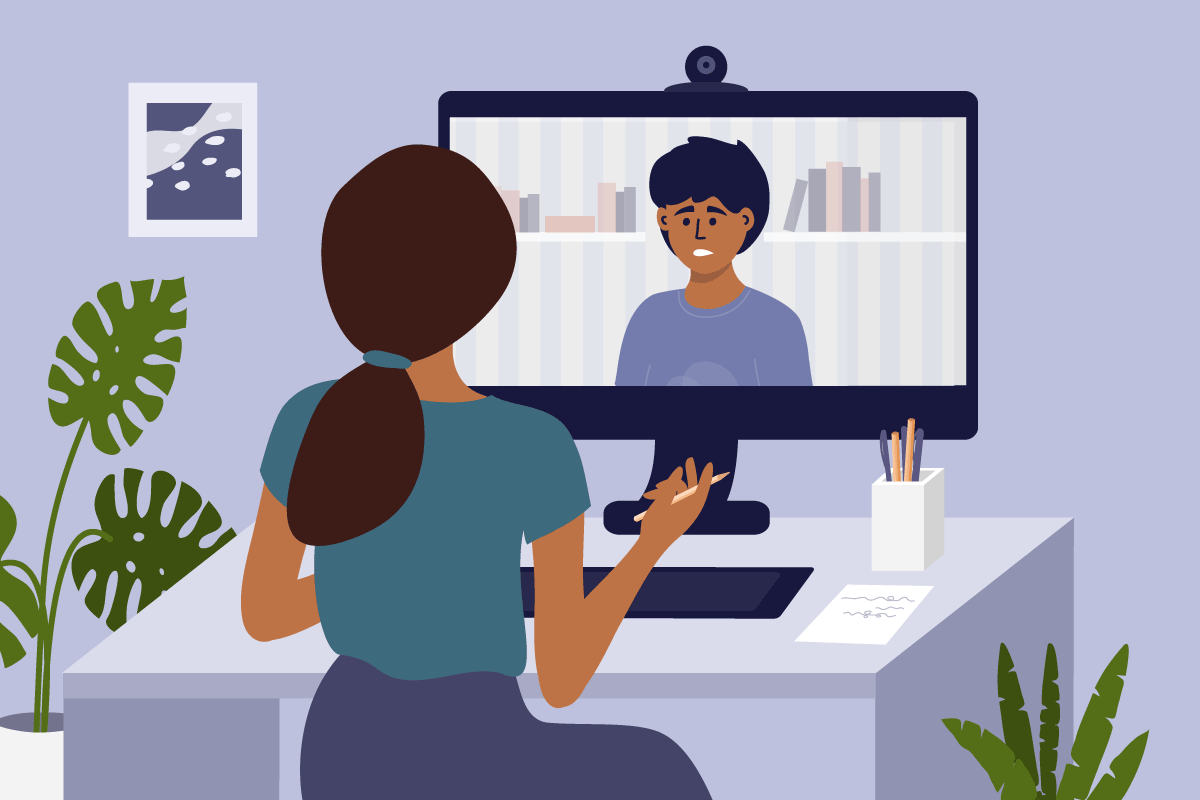 In 2018, I began a
In 2018, I began a 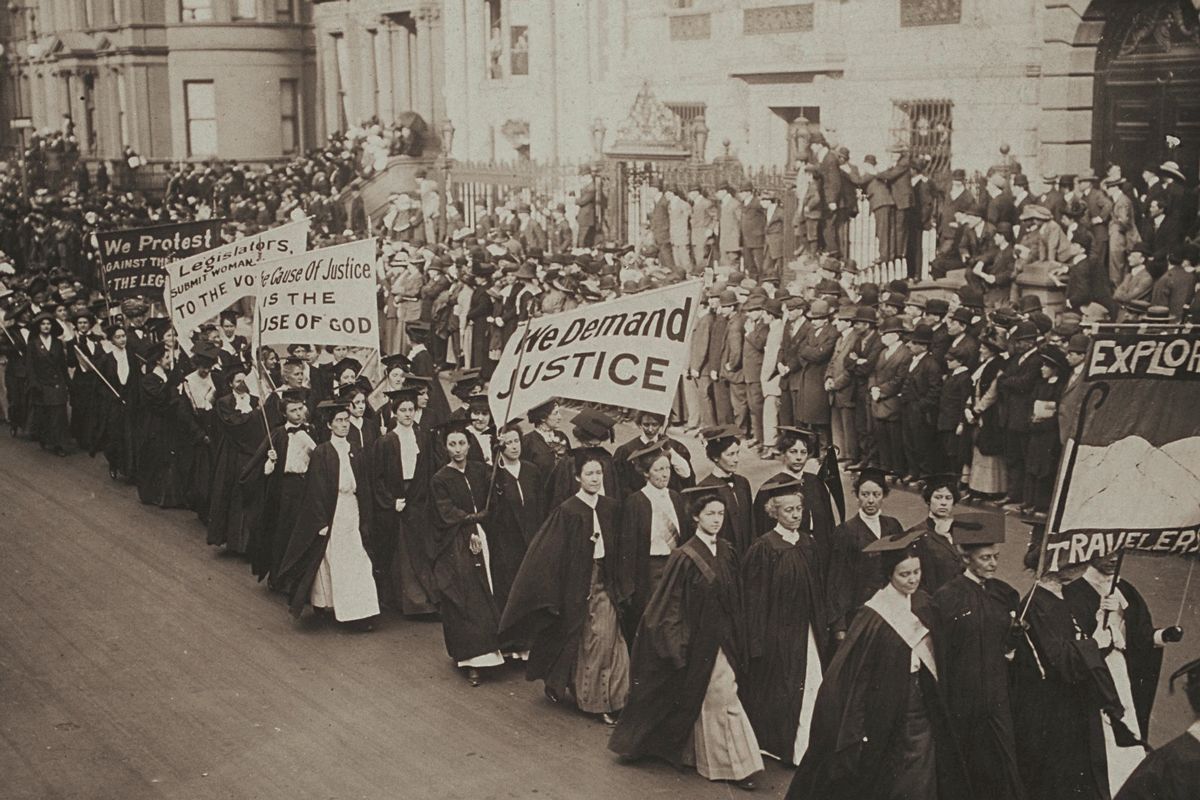
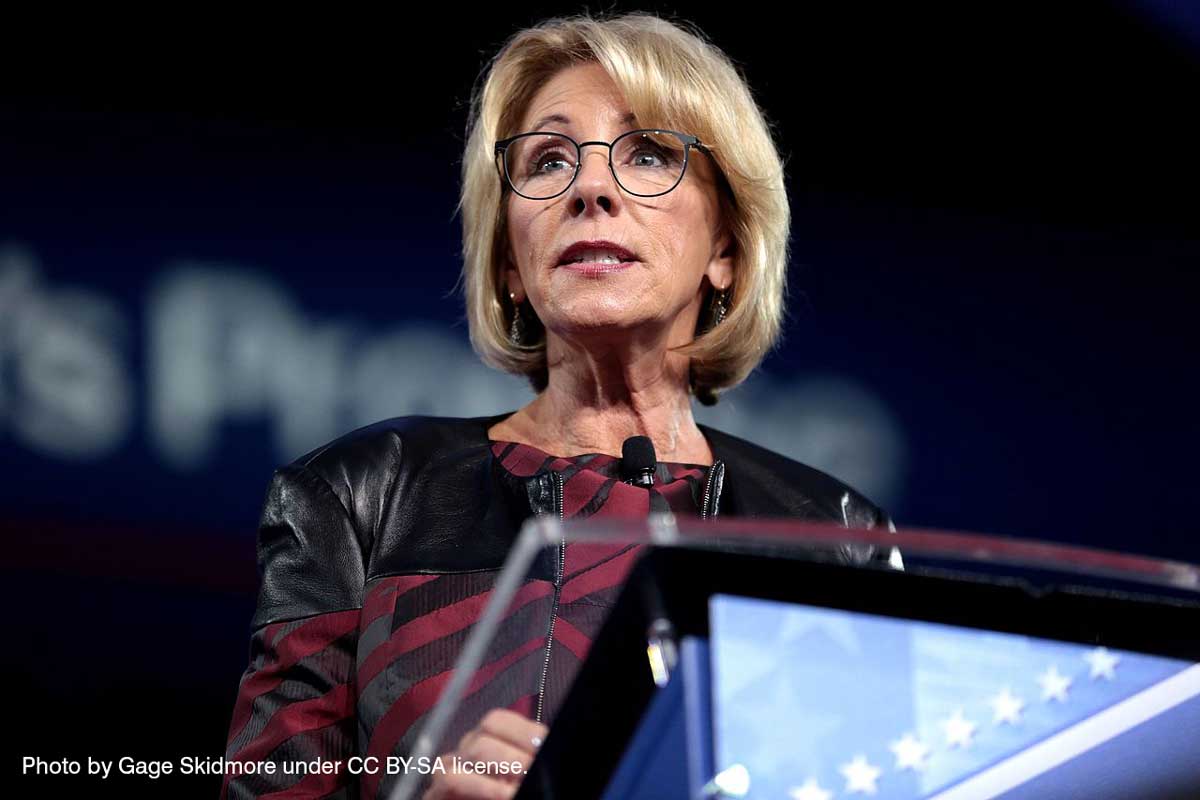
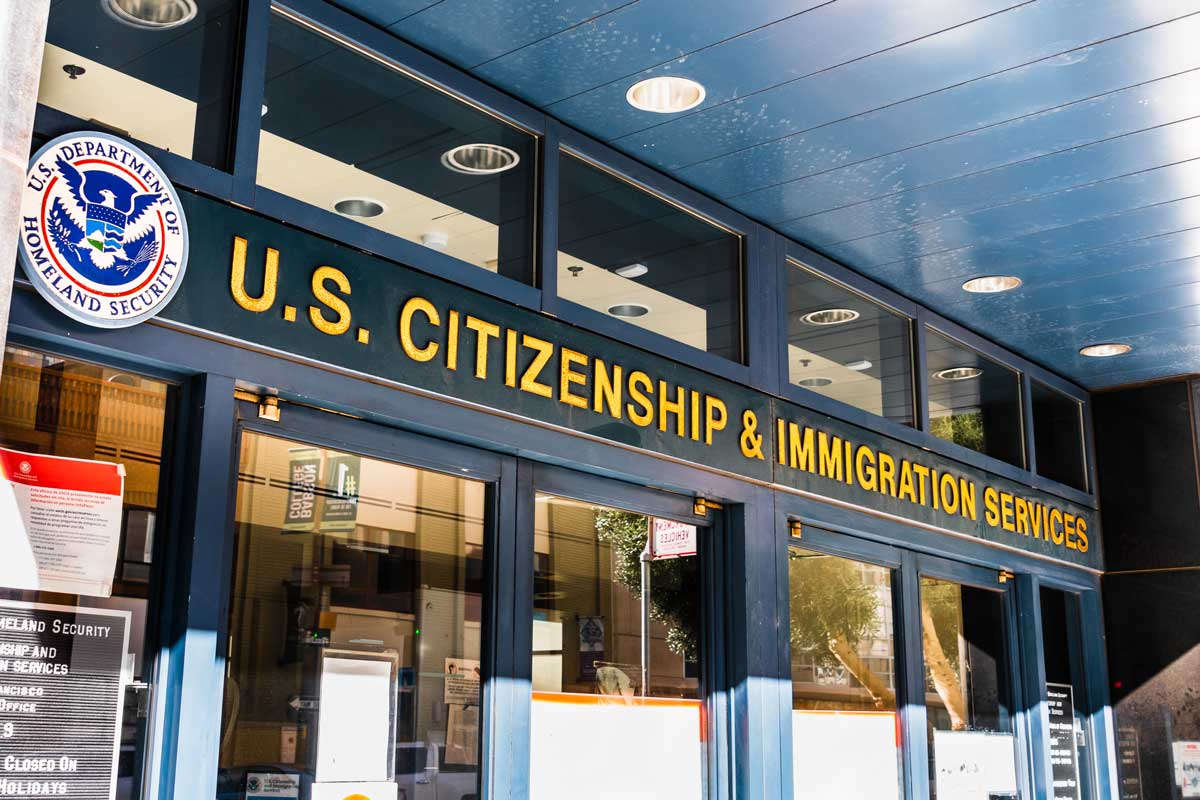
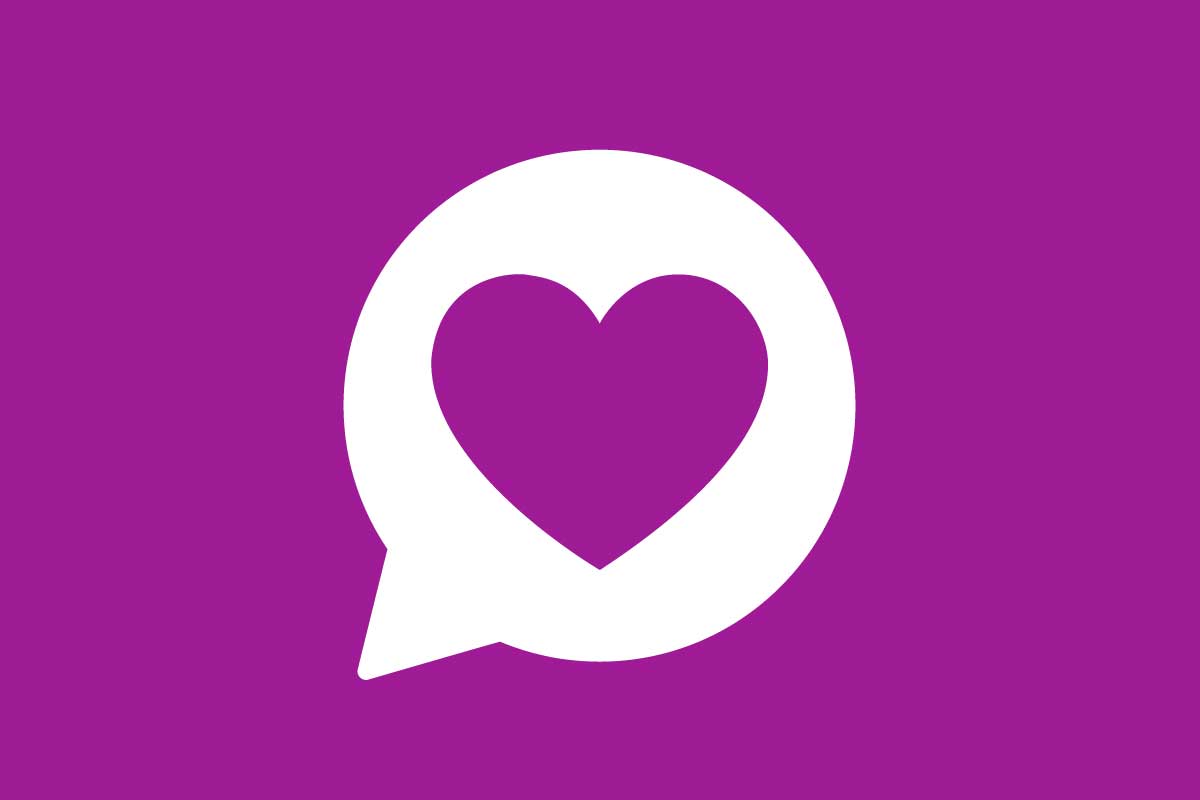 The callous killing of
The callous killing of 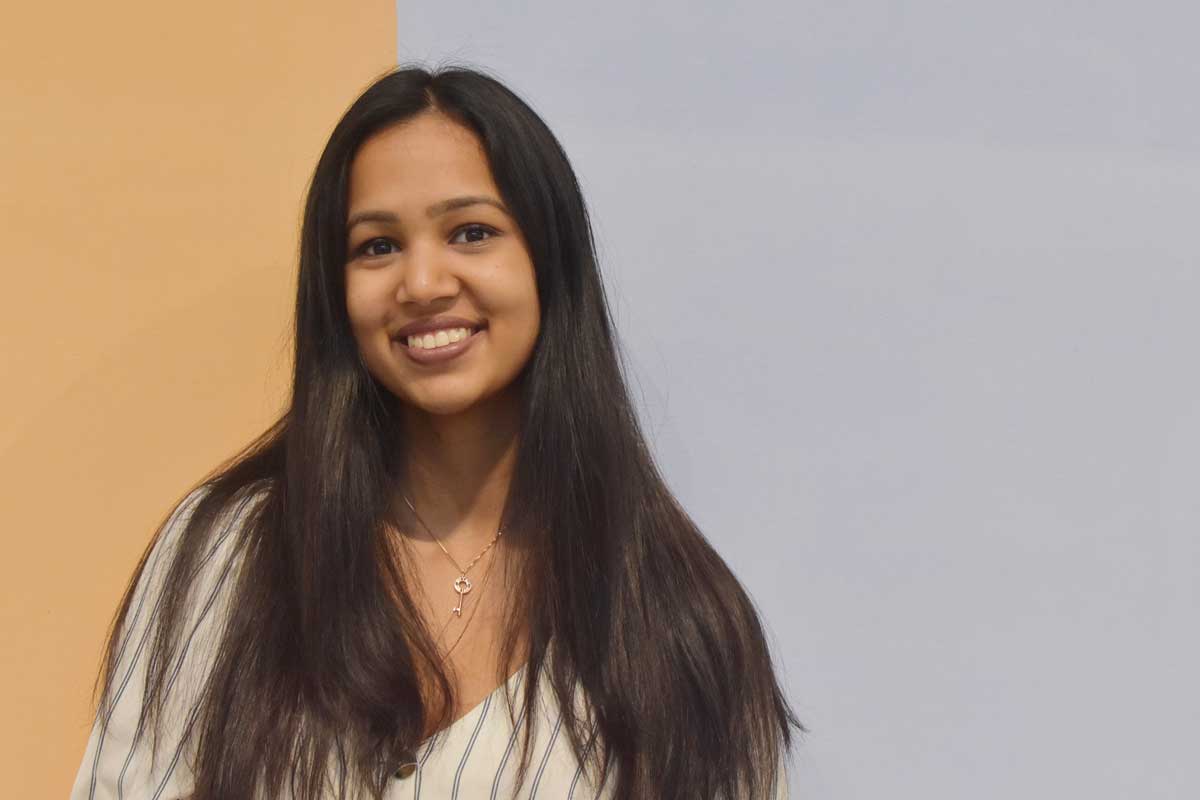 Sage Carson was raped by a graduate student in her sophomore year of college. In an article for
Sage Carson was raped by a graduate student in her sophomore year of college. In an article for 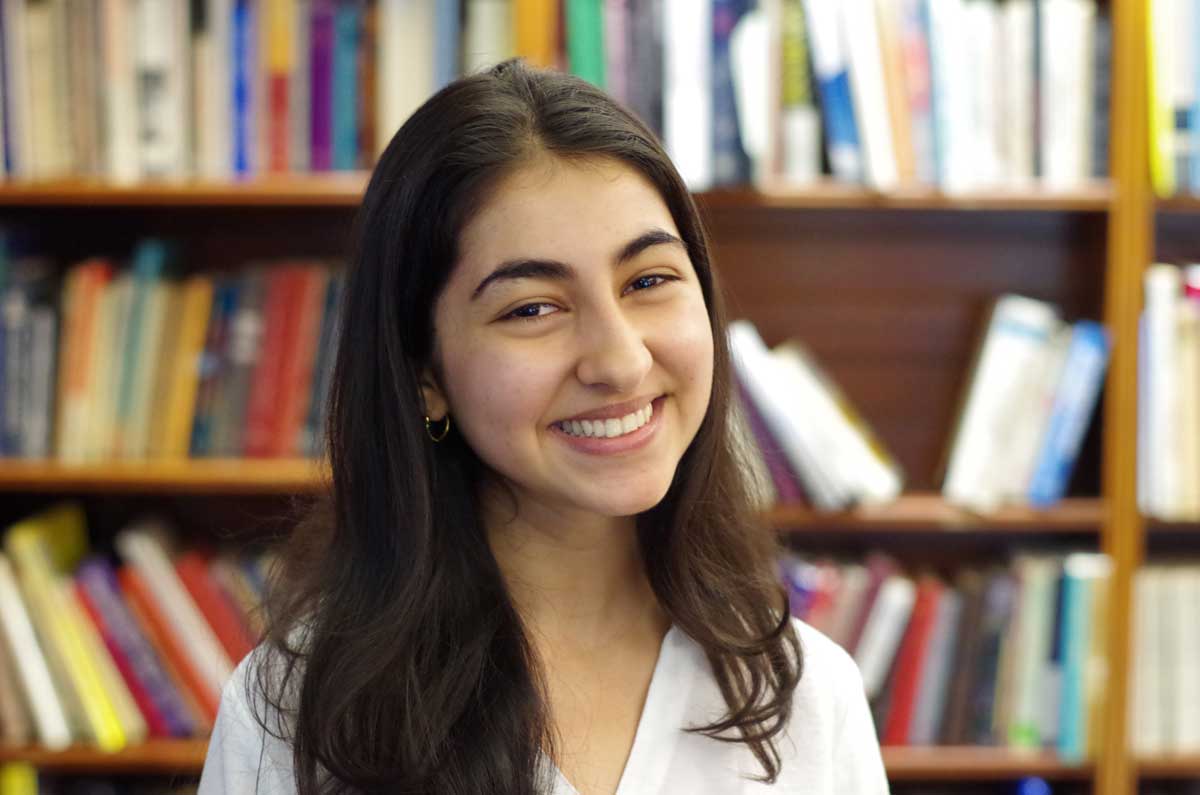 I never knew that I would have the opportunity to do social science research as an undergraduate until I got to Wellesley College. Towards the end of my first year, with my academic interests starting to gravitate toward Sociology and South Asia Studies, I knew I wanted to connect the concepts I was learning in the classroom to action-oriented research that produced tangible results for communities that I cared about. Through the helpful guidance of my peers, professors, and mentors, I discovered that I could get that opportunity by working at the Wellesley Centers for Women.
I never knew that I would have the opportunity to do social science research as an undergraduate until I got to Wellesley College. Towards the end of my first year, with my academic interests starting to gravitate toward Sociology and South Asia Studies, I knew I wanted to connect the concepts I was learning in the classroom to action-oriented research that produced tangible results for communities that I cared about. Through the helpful guidance of my peers, professors, and mentors, I discovered that I could get that opportunity by working at the Wellesley Centers for Women.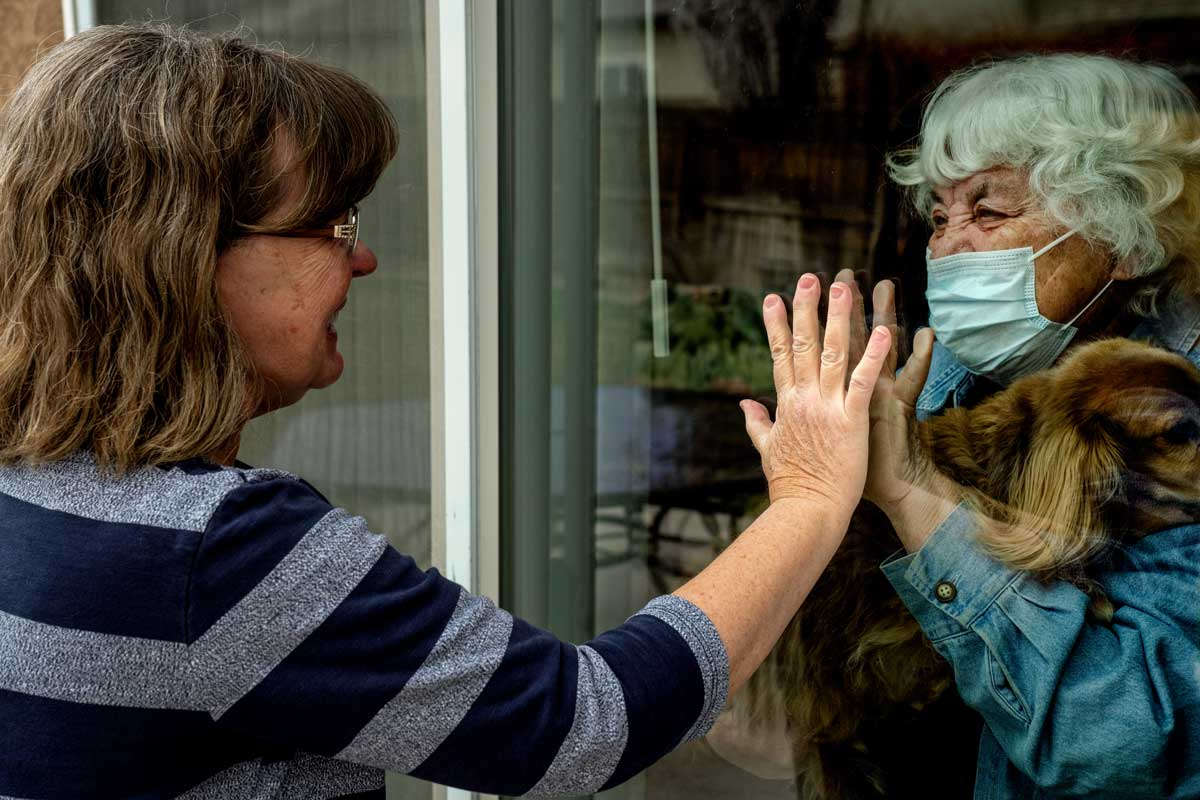 The challenges of isolation and loneliness have become apparent over the past several months of social distancing. Not only are we physically separated from our friends and extended families, but we’re concerned about their health and wellbeing as well as our own. We may be juggling childcare, homeschooling, and our own work. Or we may be wondering how we’ll support ourselves through this. We may know those who are sick, or who are high-risk, or who are essential workers putting themselves at risk for our sake. We may have lost people close to us. And we may feel powerless to do anything.
The challenges of isolation and loneliness have become apparent over the past several months of social distancing. Not only are we physically separated from our friends and extended families, but we’re concerned about their health and wellbeing as well as our own. We may be juggling childcare, homeschooling, and our own work. Or we may be wondering how we’ll support ourselves through this. We may know those who are sick, or who are high-risk, or who are essential workers putting themselves at risk for our sake. We may have lost people close to us. And we may feel powerless to do anything.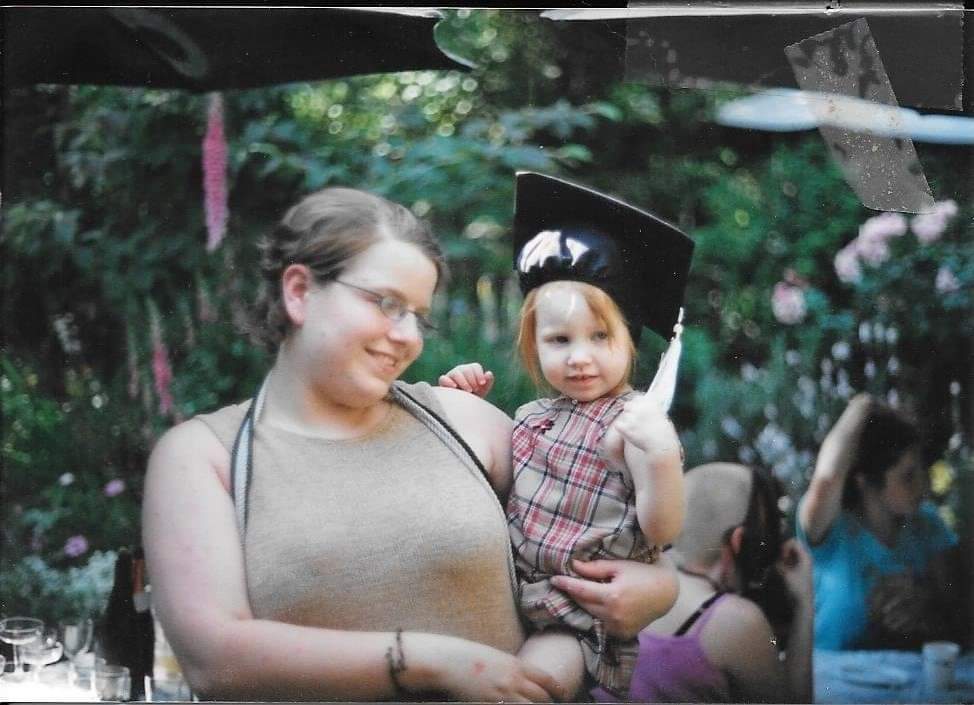 Last year on Mother's Day, I was driving through the Rocky Mountains, on my way from Oregon to Maine where my life was about to change forever. It was the first Mother's Day I had spent without my kids since they were born, and the first Mother's Day since my own mother had passed away. I yearned to call her to share the news of my latest adventure, as I always had during our frequent long-distance phone chats, but I knew I couldn’t. The following week, my daughter would bring my granddaughter into the world on the southern coast of Maine. The transcontinental journey I was on would end with the newest love of my life joining our family.
Last year on Mother's Day, I was driving through the Rocky Mountains, on my way from Oregon to Maine where my life was about to change forever. It was the first Mother's Day I had spent without my kids since they were born, and the first Mother's Day since my own mother had passed away. I yearned to call her to share the news of my latest adventure, as I always had during our frequent long-distance phone chats, but I knew I couldn’t. The following week, my daughter would bring my granddaughter into the world on the southern coast of Maine. The transcontinental journey I was on would end with the newest love of my life joining our family.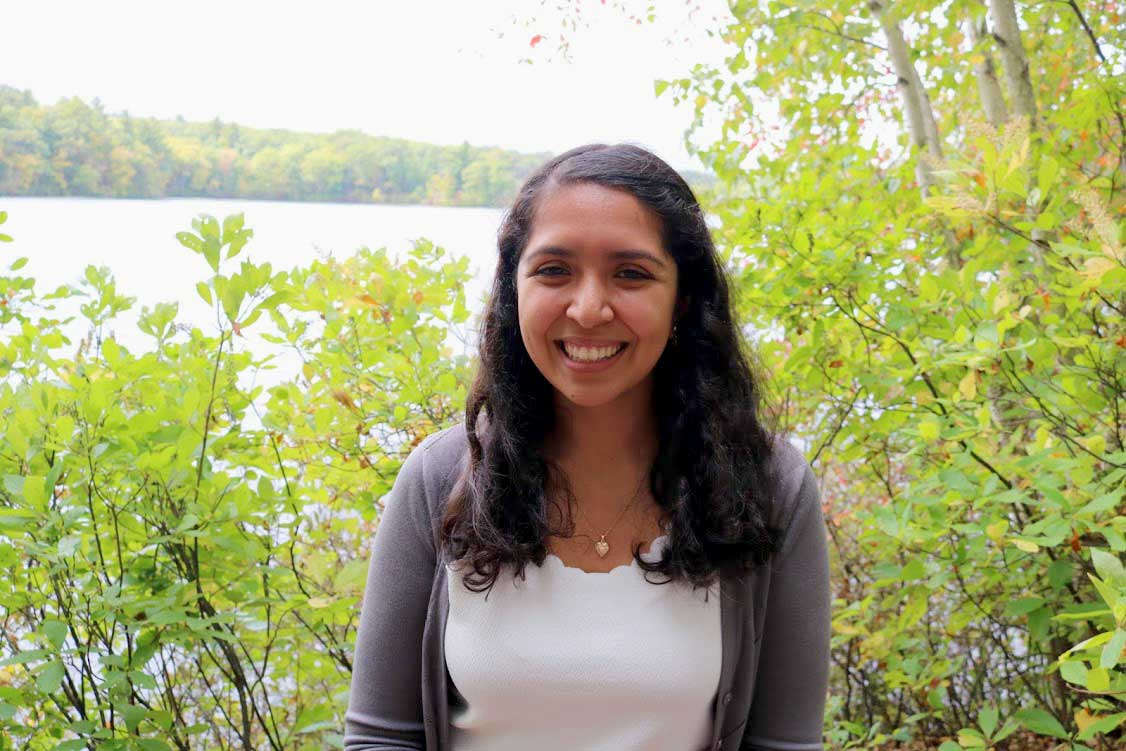 It is the spring of 2020, and my senior year at Wellesley College is not at all what I imagined it would be like. Before concerns about COVID-19 led
It is the spring of 2020, and my senior year at Wellesley College is not at all what I imagined it would be like. Before concerns about COVID-19 led 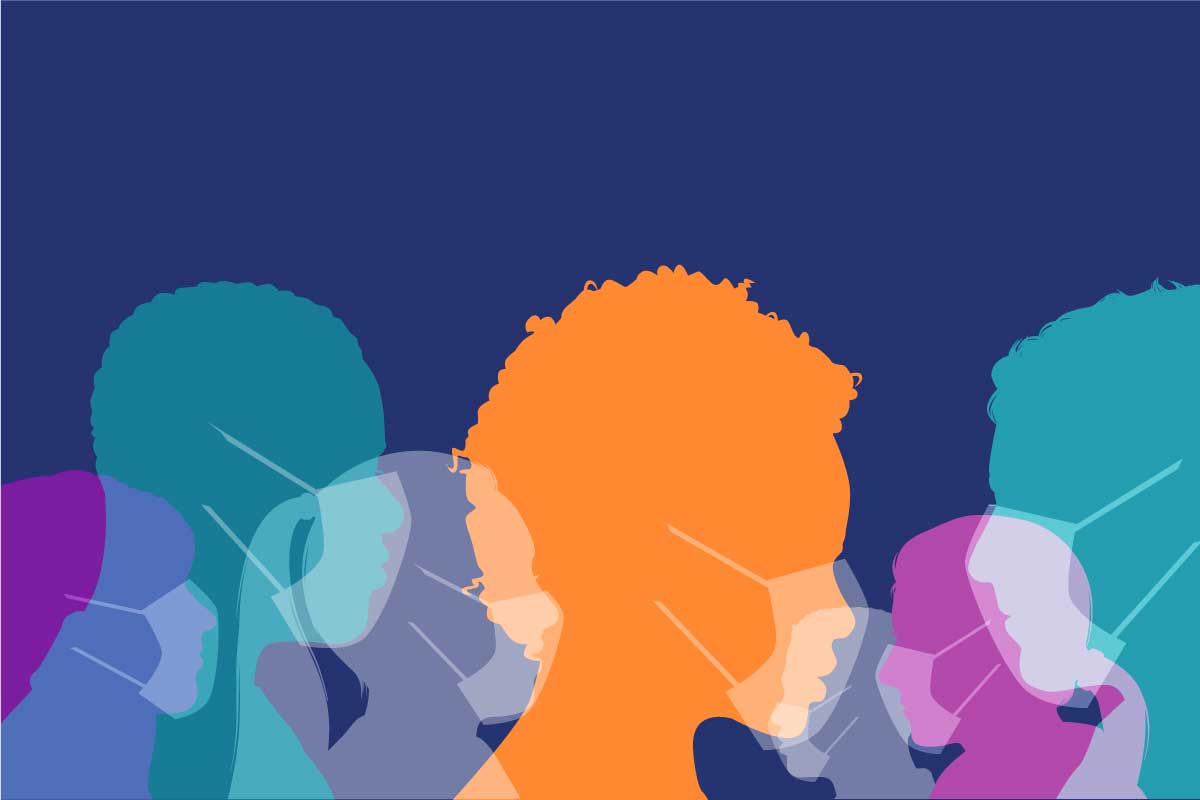 This
This 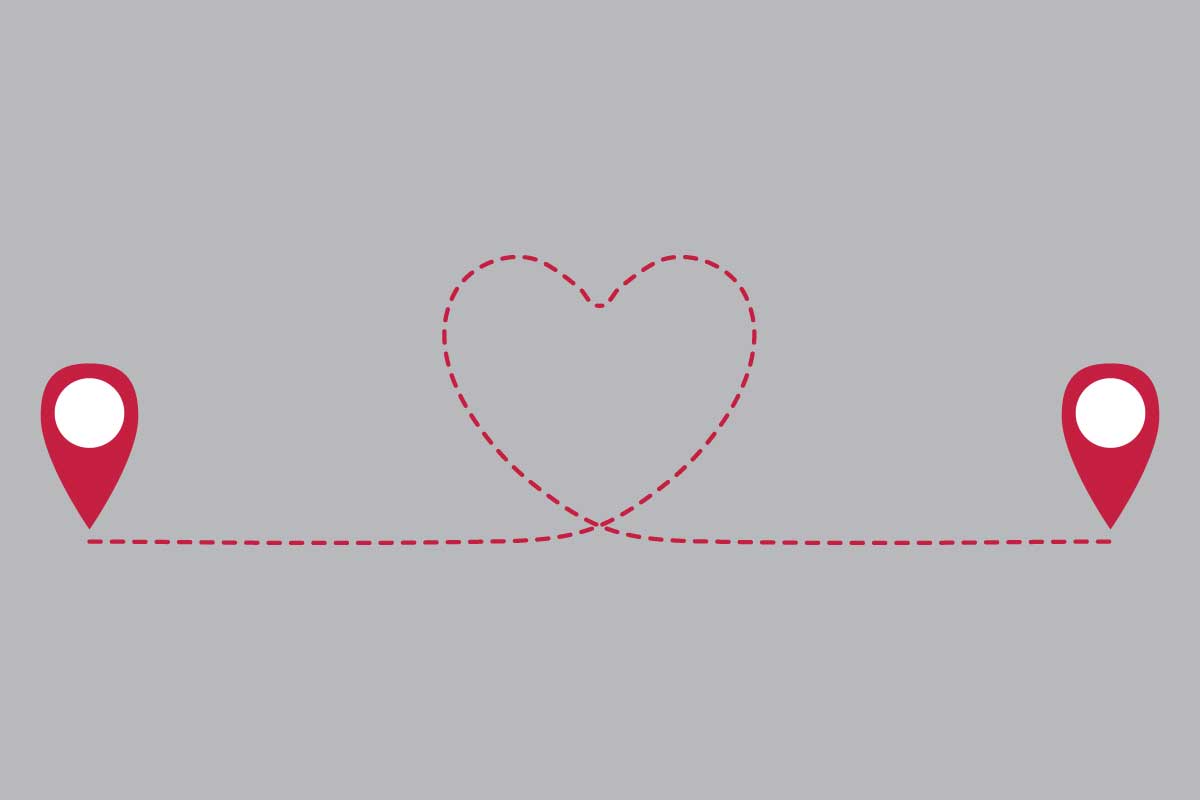 This
This 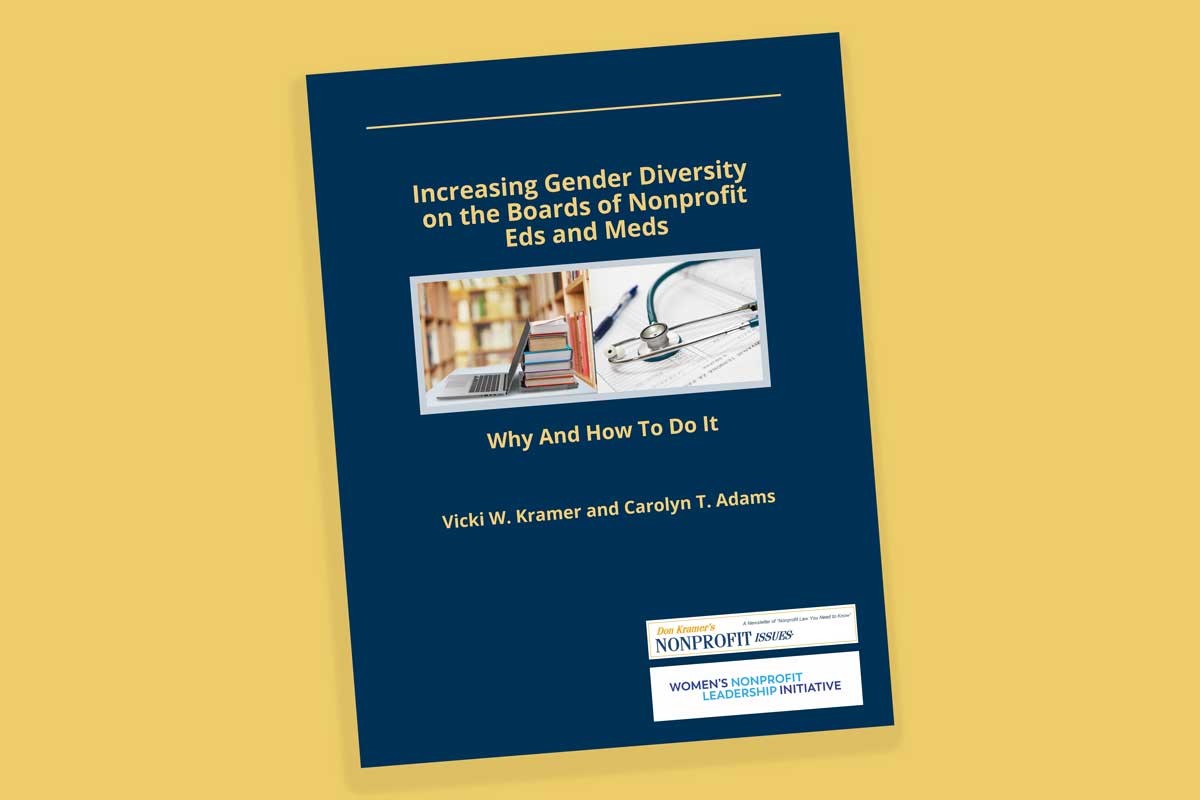 Hospitals and universities are facing challenges that many have never seen before as they respond to COVID-19. Universities are
Hospitals and universities are facing challenges that many have never seen before as they respond to COVID-19. Universities are  A woman graduates from college and starts her first job, earning about the same as the male colleague who sits next to her. She gets promoted a few times, her salary increases, and in her late 20s, she gets married. Her husband gets a job offer in a new city, they move, and she takes a slightly lower-paying job. In her early 30s, she has a baby, and then another baby in her mid-30s. She decides to cut back her hours (and thus her pay) in order to spend more time with her children.
A woman graduates from college and starts her first job, earning about the same as the male colleague who sits next to her. She gets promoted a few times, her salary increases, and in her late 20s, she gets married. Her husband gets a job offer in a new city, they move, and she takes a slightly lower-paying job. In her early 30s, she has a baby, and then another baby in her mid-30s. She decides to cut back her hours (and thus her pay) in order to spend more time with her children. 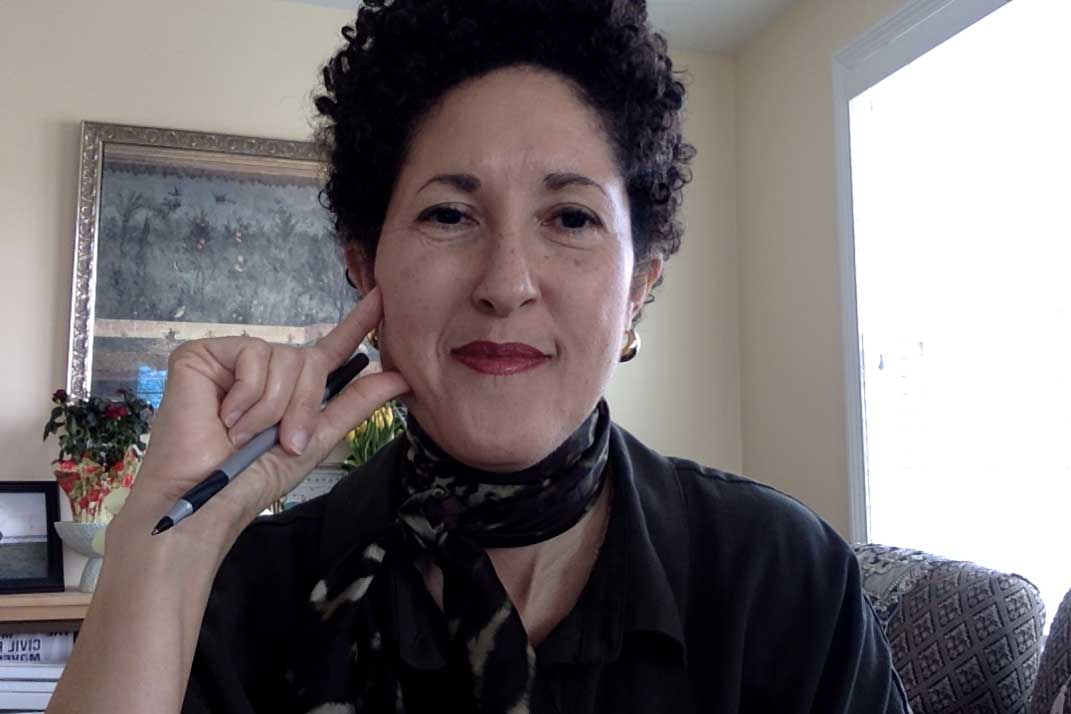 During this unprecedented time, our work at the Wellesley Centers for Women towards gender equality, social justice, and human wellbeing has taken on new meaning. As a society, we have become newly aware of just how fragile and precious human wellbeing is. And as an organization, we have been reminded of how deeply we care about the physical and mental wellbeing of our community — our research scientists, project directors, administrative staff, and supporters like you — as well as the larger global community to which we all belong.
During this unprecedented time, our work at the Wellesley Centers for Women towards gender equality, social justice, and human wellbeing has taken on new meaning. As a society, we have become newly aware of just how fragile and precious human wellbeing is. And as an organization, we have been reminded of how deeply we care about the physical and mental wellbeing of our community — our research scientists, project directors, administrative staff, and supporters like you — as well as the larger global community to which we all belong.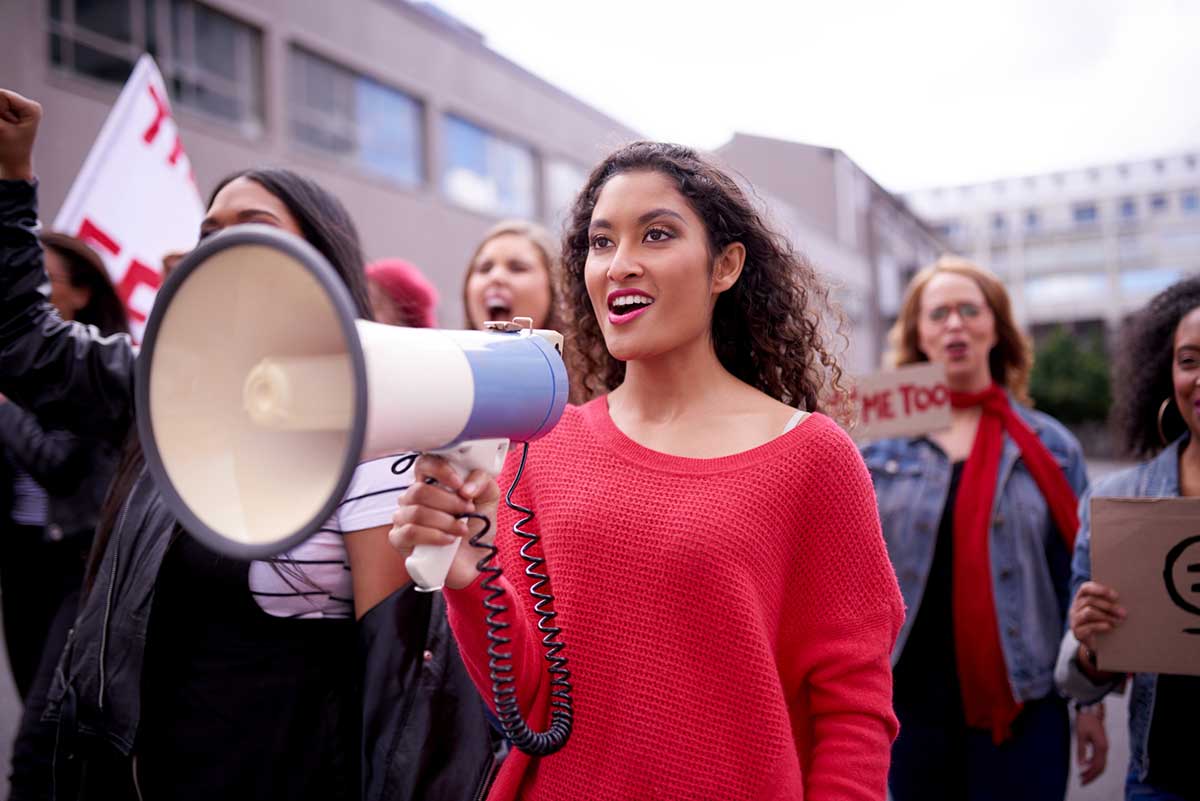 In 2019, Melissa Morabito, Ph.D.,
In 2019, Melissa Morabito, Ph.D., 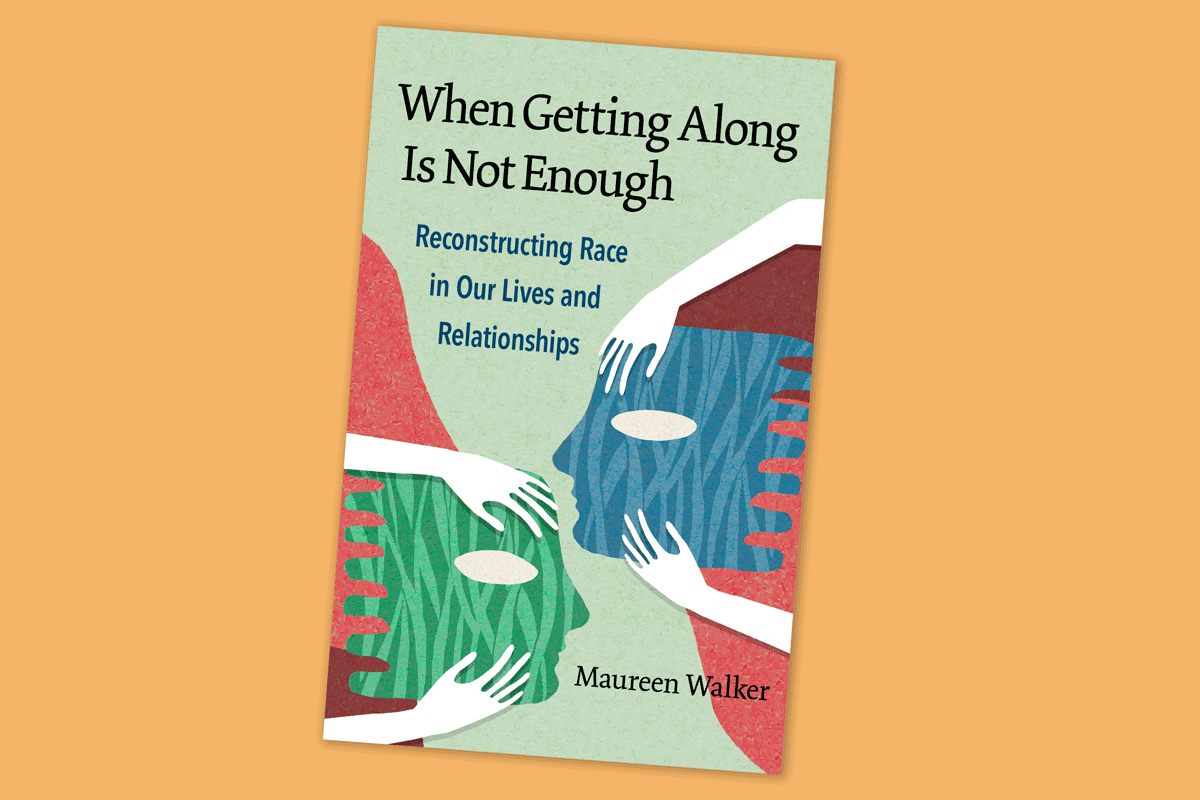 If conventional wisdom is to be believed, women are notoriously good at getting along. Cultural pundits, from scholarly theorists to political wags, suggest that
If conventional wisdom is to be believed, women are notoriously good at getting along. Cultural pundits, from scholarly theorists to political wags, suggest that  A recent
A recent 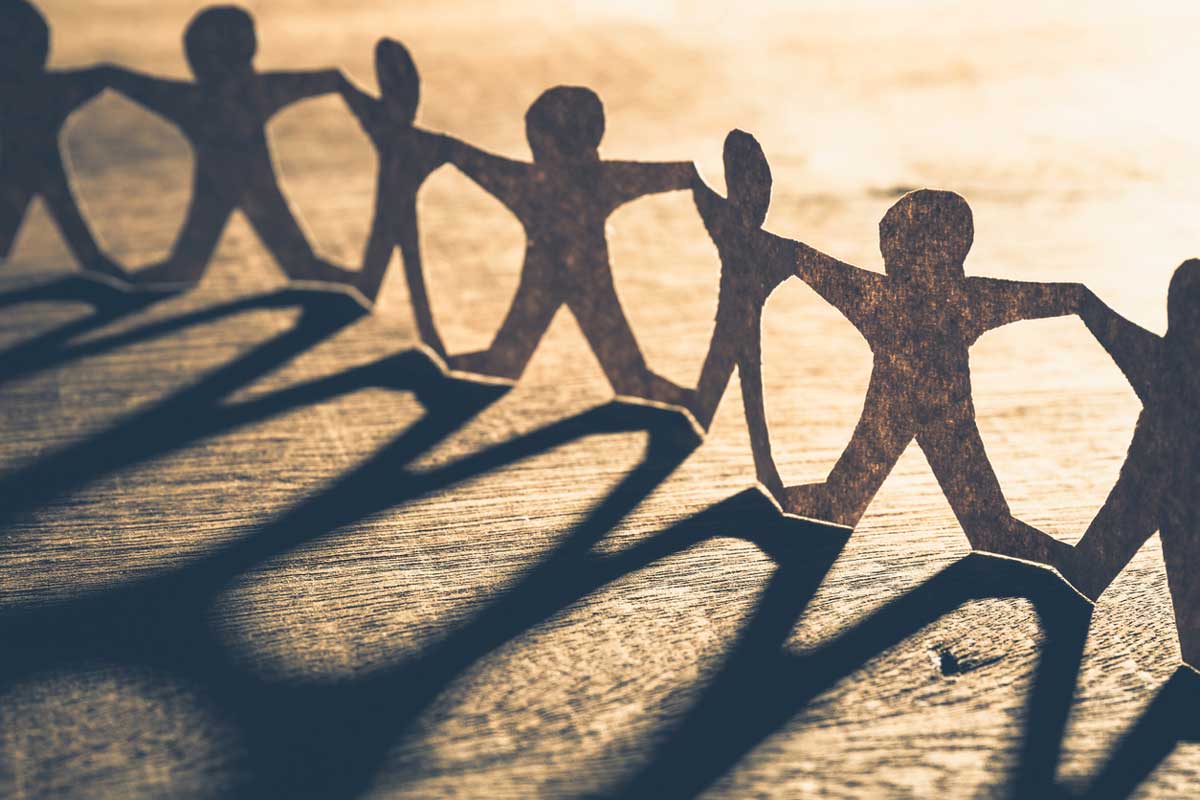 A recent family conversation reminded me of my (long-ago!) elementary school experience of learning who my teacher would be in the coming school year. I remember the sense of anticipation – who will be my teacher?.
A recent family conversation reminded me of my (long-ago!) elementary school experience of learning who my teacher would be in the coming school year. I remember the sense of anticipation – who will be my teacher?. Yesterday on route to work my phone exploded with messages from friends and colleagues urging me to, "Turn on NPR right now,” to hear their
Yesterday on route to work my phone exploded with messages from friends and colleagues urging me to, "Turn on NPR right now,” to hear their  Video games are on my mind these days. Especially violent ones, like Call of Duty or Grand Theft Auto. But special recognition goes to
Video games are on my mind these days. Especially violent ones, like Call of Duty or Grand Theft Auto. But special recognition goes to 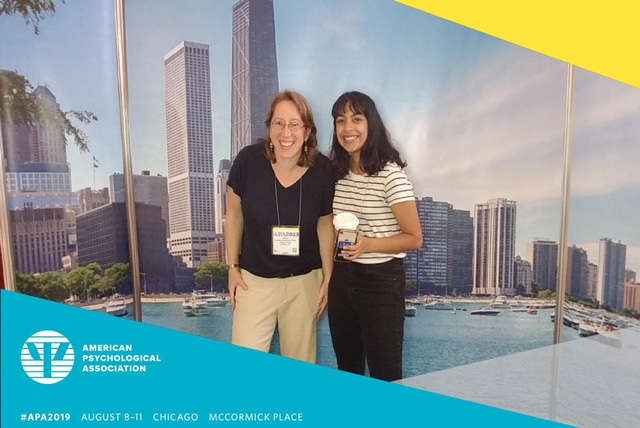 My name is Anmol Nagar and I’m a junior at Wellesley College, originally from the California Bay Area. Over the past year I’ve done research at the Wellesley Centers for Women with
My name is Anmol Nagar and I’m a junior at Wellesley College, originally from the California Bay Area. Over the past year I’ve done research at the Wellesley Centers for Women with 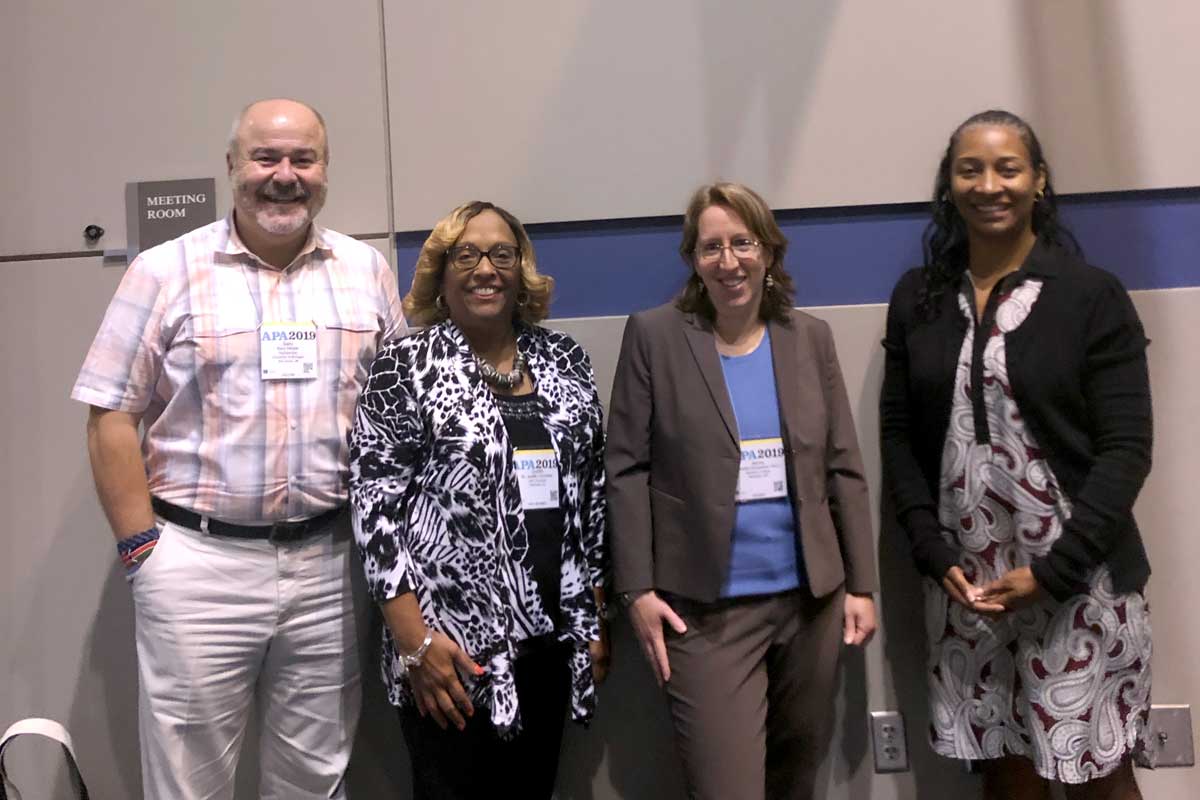 At the end of the presentation, Dr.
At the end of the presentation, Dr. 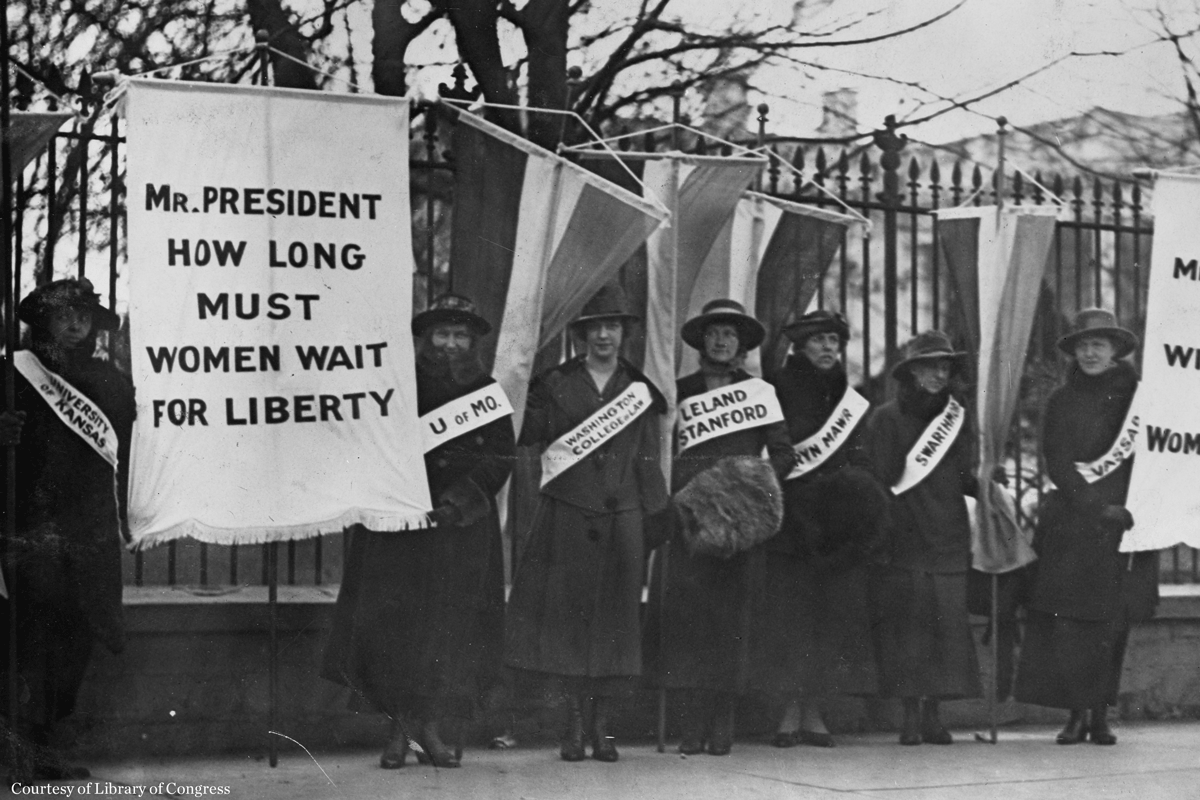 The long march towards progress is often one that extends across generations. The U.S.
The long march towards progress is often one that extends across generations. The U.S. 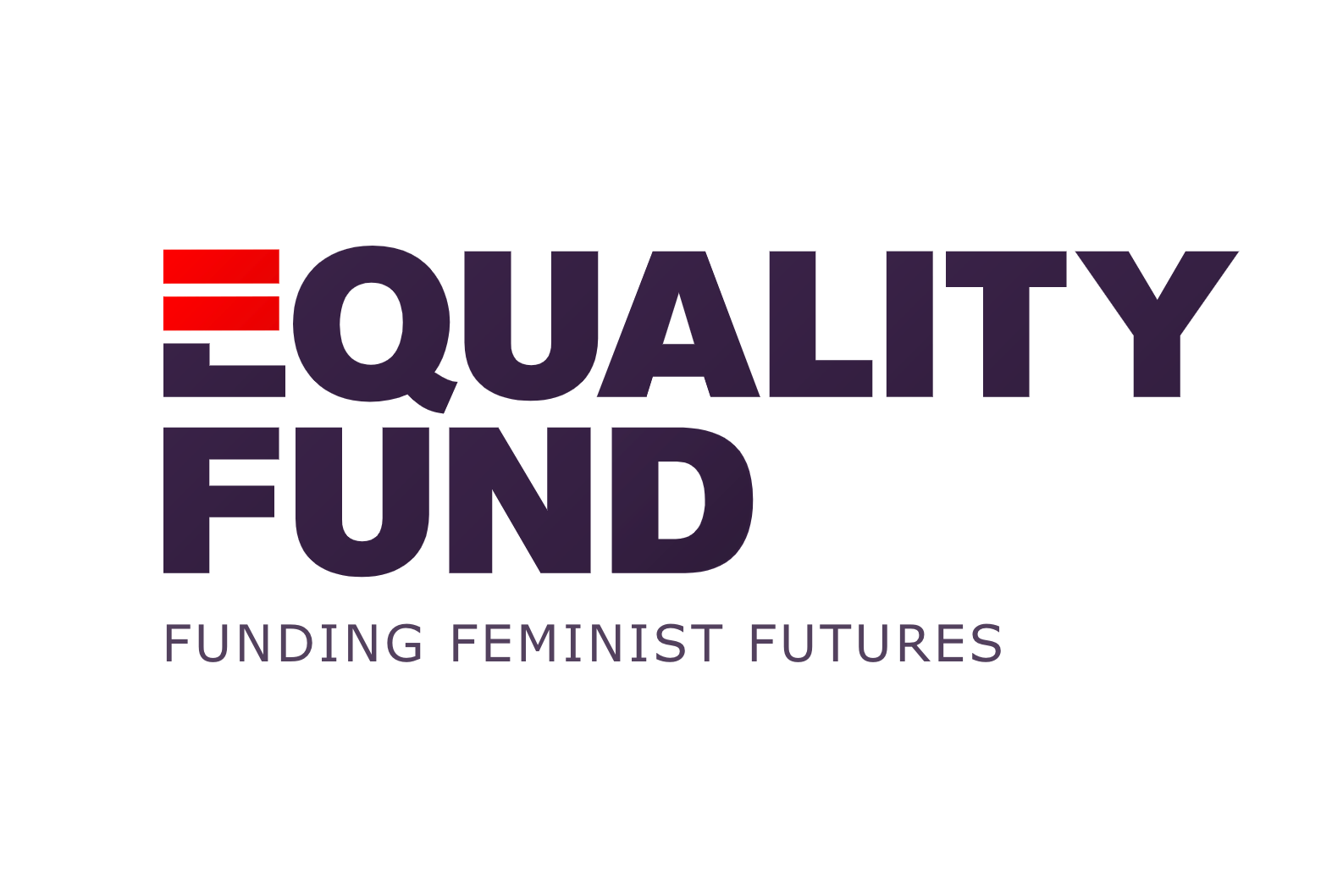 This week, Canada launched the
This week, Canada launched the 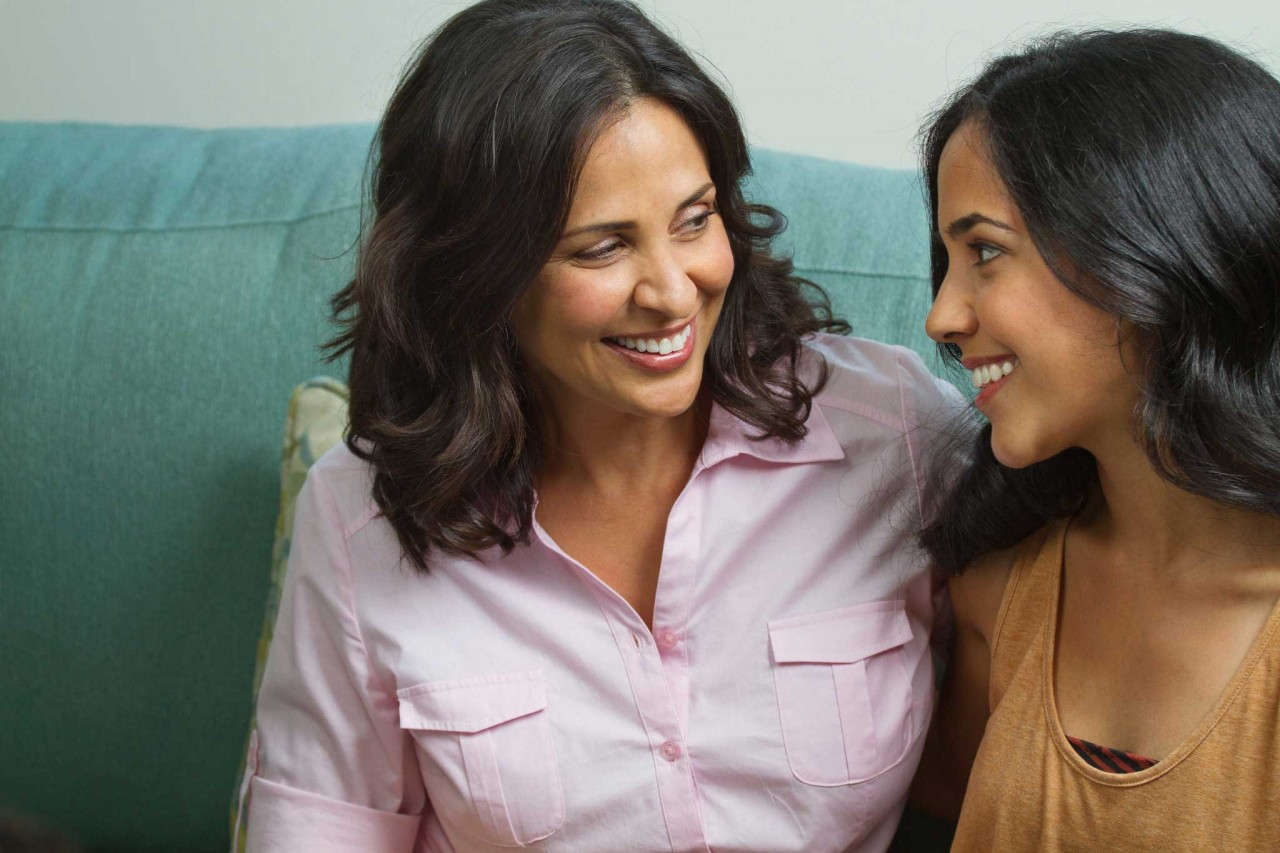 The teen sitting across from me avoided making eye contact as he responded to my questions. He provided thoughtful answers in a soft voice as he looked down at the rubber band in his hands, stretching and turning it repeatedly. Clearly this young man was struggling with symptoms of depression such that he was disengaged from his friends, skipping track practices, missing homework assignments, sleeping too much. Yet when I asked him if I could share his symptoms with his guidance counselor so that he could get some support in school, he quickly replied, “No,” saying that he didn’t want anyone at school to know. “I’m only telling you about this, “ he insisted, “because I’ll never see you again.”
The teen sitting across from me avoided making eye contact as he responded to my questions. He provided thoughtful answers in a soft voice as he looked down at the rubber band in his hands, stretching and turning it repeatedly. Clearly this young man was struggling with symptoms of depression such that he was disengaged from his friends, skipping track practices, missing homework assignments, sleeping too much. Yet when I asked him if I could share his symptoms with his guidance counselor so that he could get some support in school, he quickly replied, “No,” saying that he didn’t want anyone at school to know. “I’m only telling you about this, “ he insisted, “because I’ll never see you again.”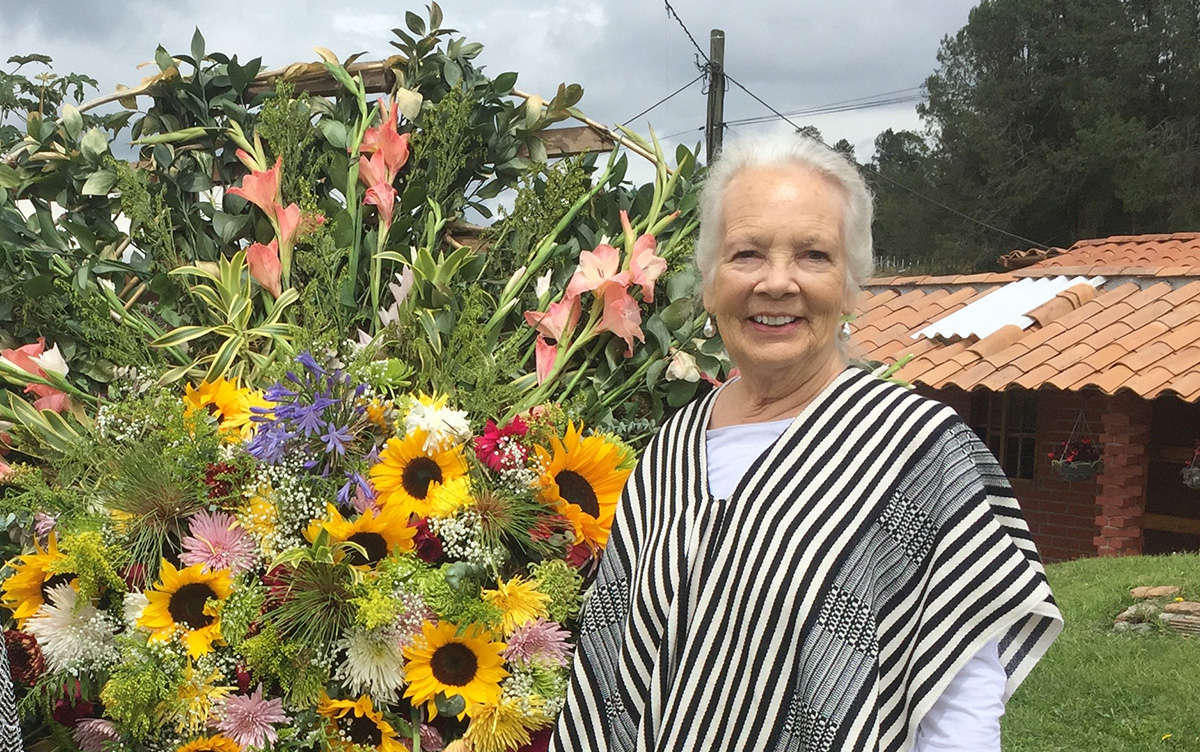 Close to half a century has passed since I lived in
Close to half a century has passed since I lived in 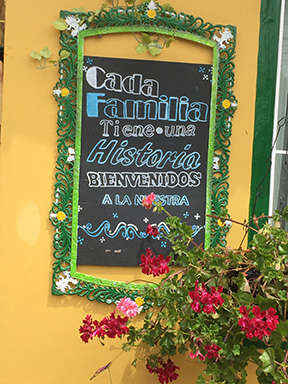 But as much as I believed in my work and as much as I loved Colombia—the food, the people, the mountains, majestic and ever changing as clouds and sun played hide and seek—I realized Amy’s physical and developmental challenges required medical care and educational programs unavailable in Colombia. Amy and I left. I was unsure if I would ever return.
But as much as I believed in my work and as much as I loved Colombia—the food, the people, the mountains, majestic and ever changing as clouds and sun played hide and seek—I realized Amy’s physical and developmental challenges required medical care and educational programs unavailable in Colombia. Amy and I left. I was unsure if I would ever return.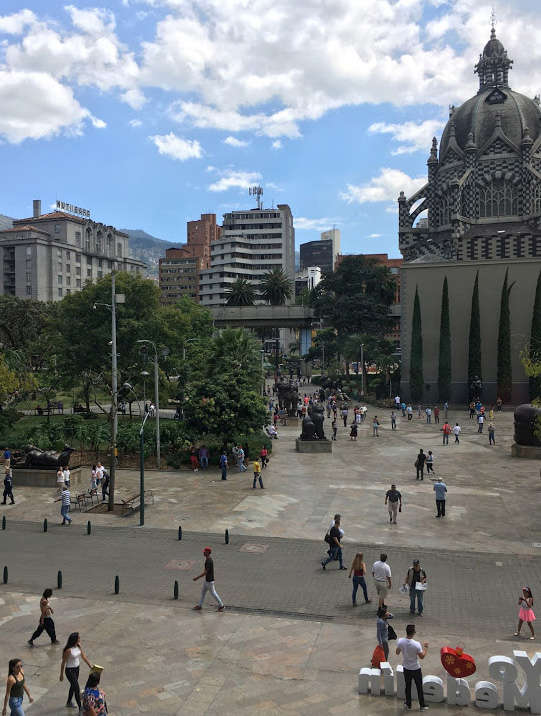 ote for me. One of the bits of information our guide mentioned as we passed a large public school was that schools were now required to teach sex education to students starting in the early grades. Recalling the opposition our sex education project had encountered years before, I asked if the requirement was enforced or merely a regulation on the books. He smiled. “Well, Senora, I can’t speak for the entire country, but certainly in the big cities and towns it is a regular part of the educational program. The law was passed in 1994.”
ote for me. One of the bits of information our guide mentioned as we passed a large public school was that schools were now required to teach sex education to students starting in the early grades. Recalling the opposition our sex education project had encountered years before, I asked if the requirement was enforced or merely a regulation on the books. He smiled. “Well, Senora, I can’t speak for the entire country, but certainly in the big cities and towns it is a regular part of the educational program. The law was passed in 1994.”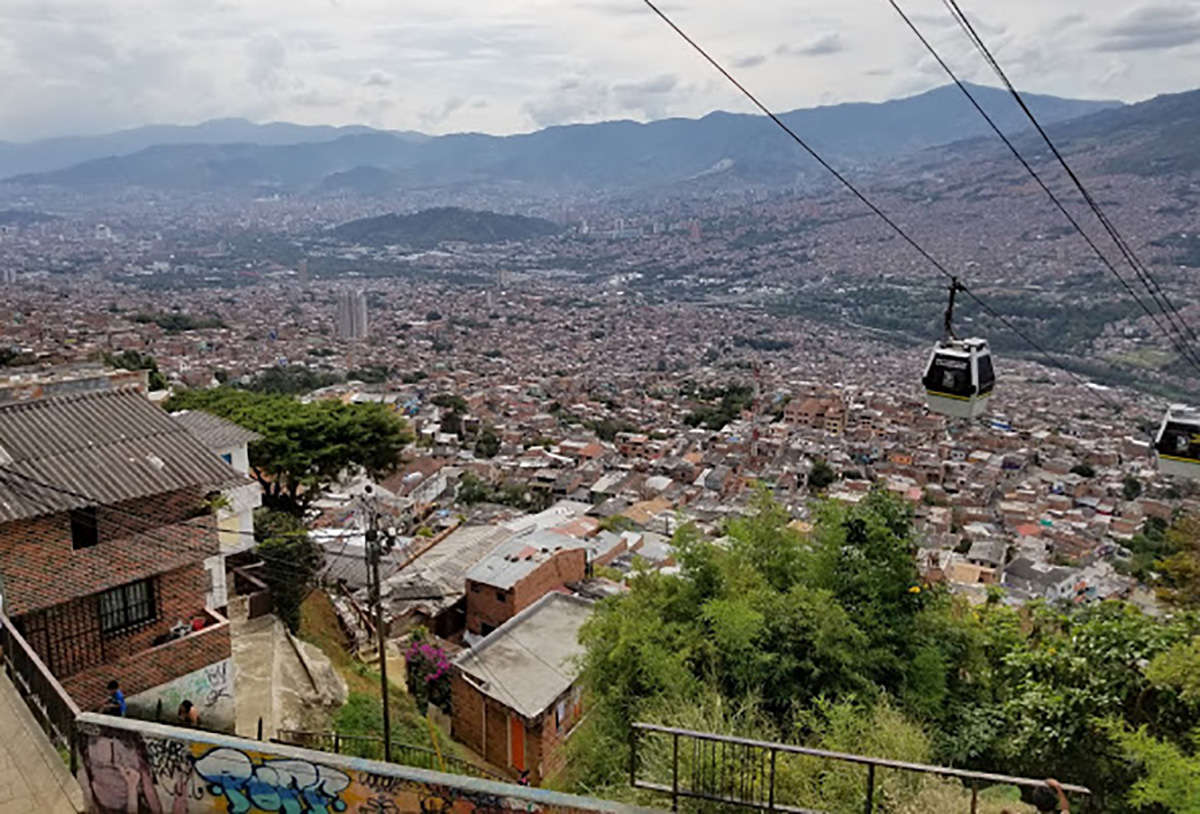 A spectacular
A spectacular 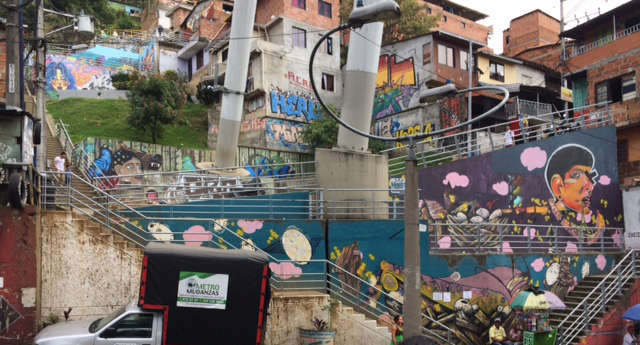 all interested in medicine,” we asked. “No, I’m going to study psychology,” another replied.
all interested in medicine,” we asked. “No, I’m going to study psychology,” another replied.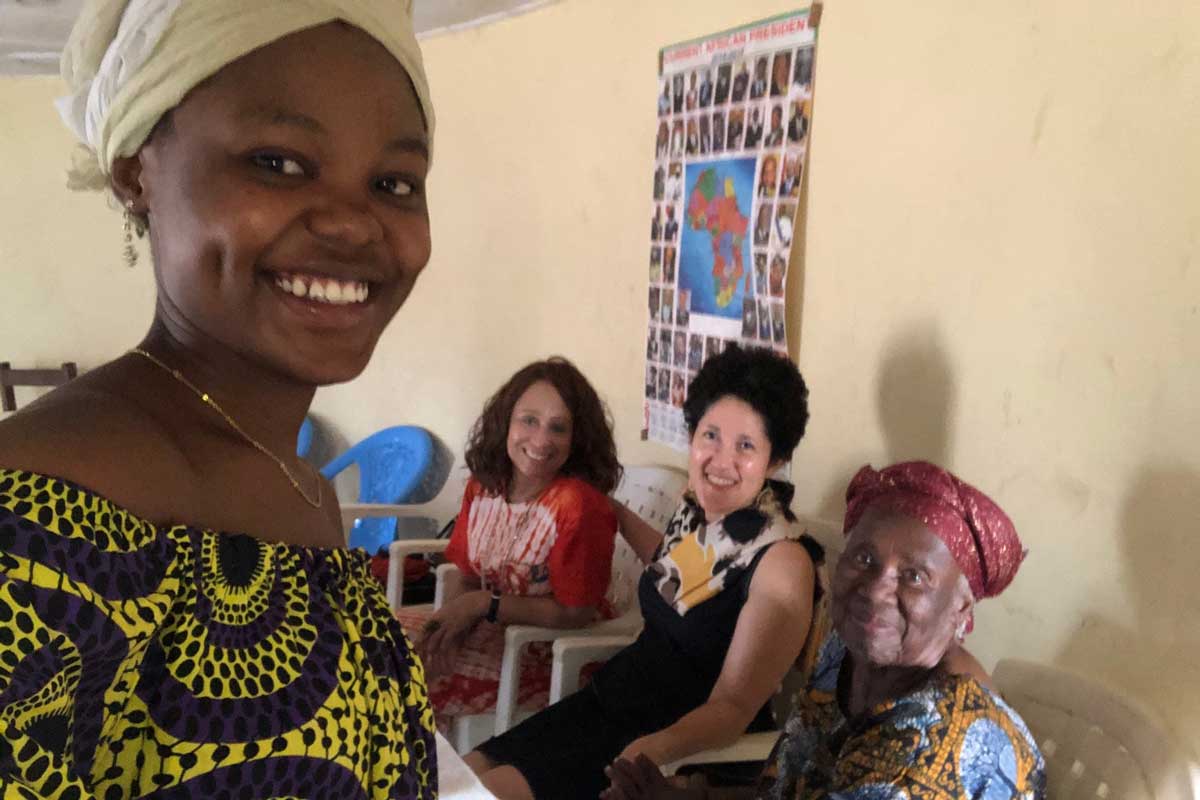 Recently I returned from Liberia, which USA Today just rated as
Recently I returned from Liberia, which USA Today just rated as 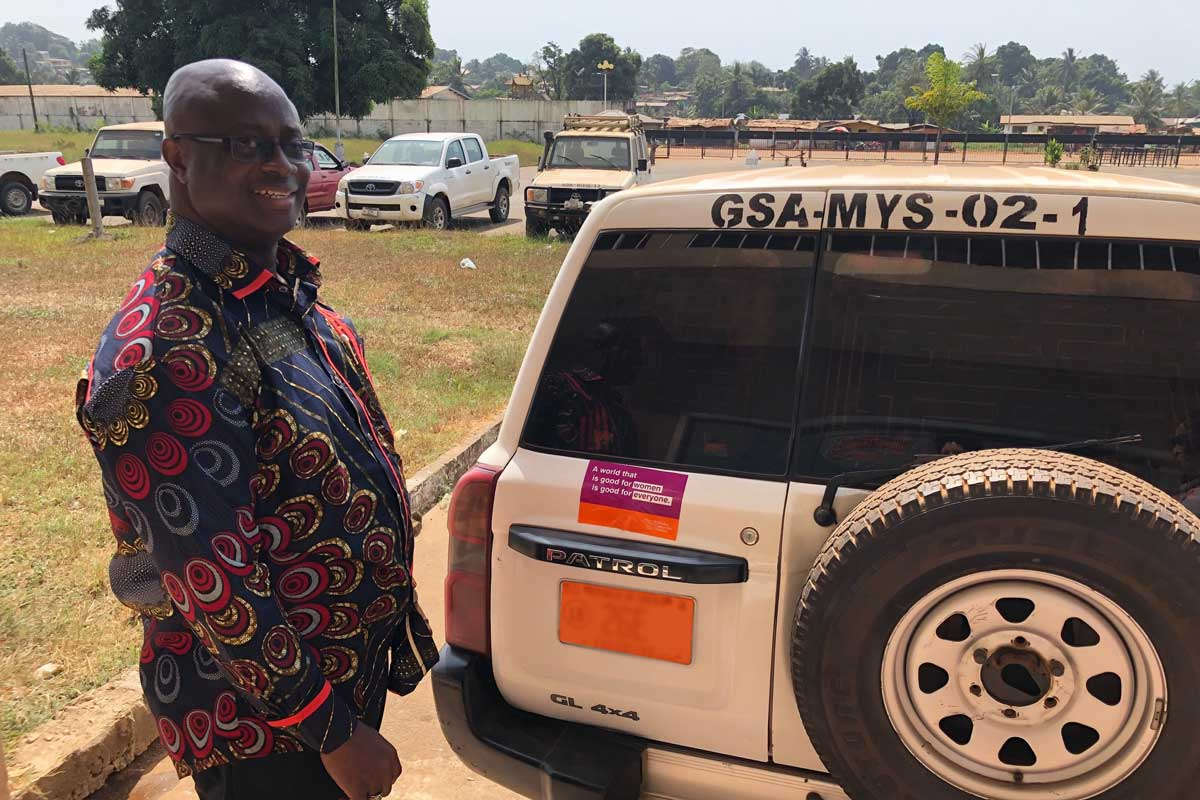 Another view—one that I would like to align with the research and action of the Wellesley Centers for Women—is one that sees (and contributes to) hope, promise, and enthusiasm in and with regard to African youth and their prospects. An approach that asks African youth for their own perspectives and aspirations, one that embraces African youth and their insights and talents, and one that takes the historical, political, economic, structural, and systemic context of African youths’ lives into consideration—and, at times, challenges those—is the one I would like not only to endorse, but to operationalize. It is an approach that sees the wealth in people, not just one that sees the poverty created by their circumstances. It is also an approach that cultivates African youth leadership.
Another view—one that I would like to align with the research and action of the Wellesley Centers for Women—is one that sees (and contributes to) hope, promise, and enthusiasm in and with regard to African youth and their prospects. An approach that asks African youth for their own perspectives and aspirations, one that embraces African youth and their insights and talents, and one that takes the historical, political, economic, structural, and systemic context of African youths’ lives into consideration—and, at times, challenges those—is the one I would like not only to endorse, but to operationalize. It is an approach that sees the wealth in people, not just one that sees the poverty created by their circumstances. It is also an approach that cultivates African youth leadership.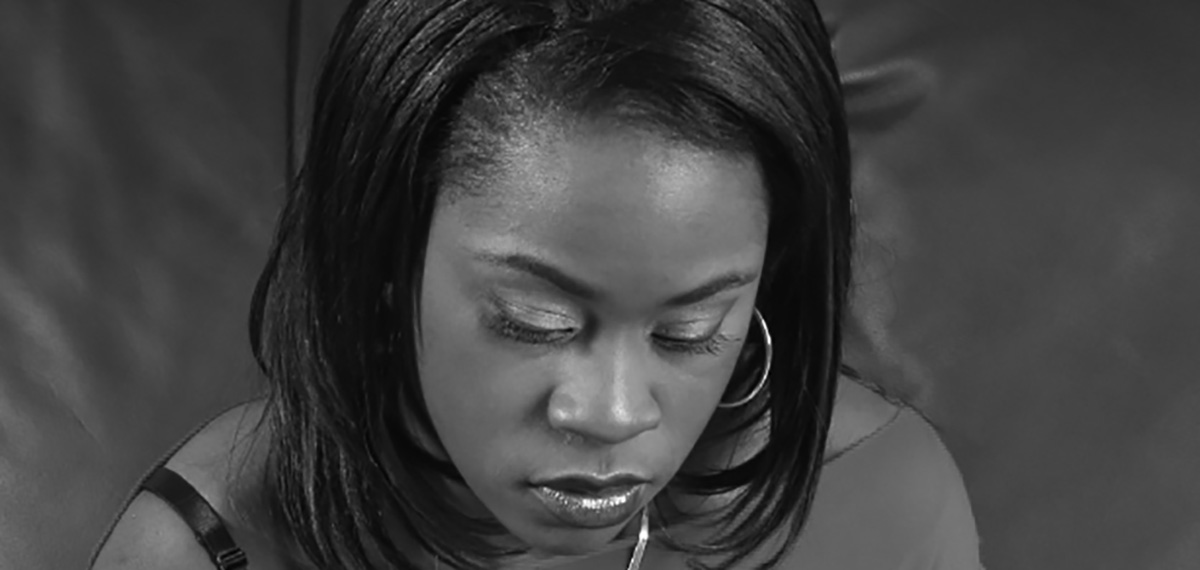 Why Racialized Exclusion Hurts and How We Can Remain Resilient
Why Racialized Exclusion Hurts and How We Can Remain Resilient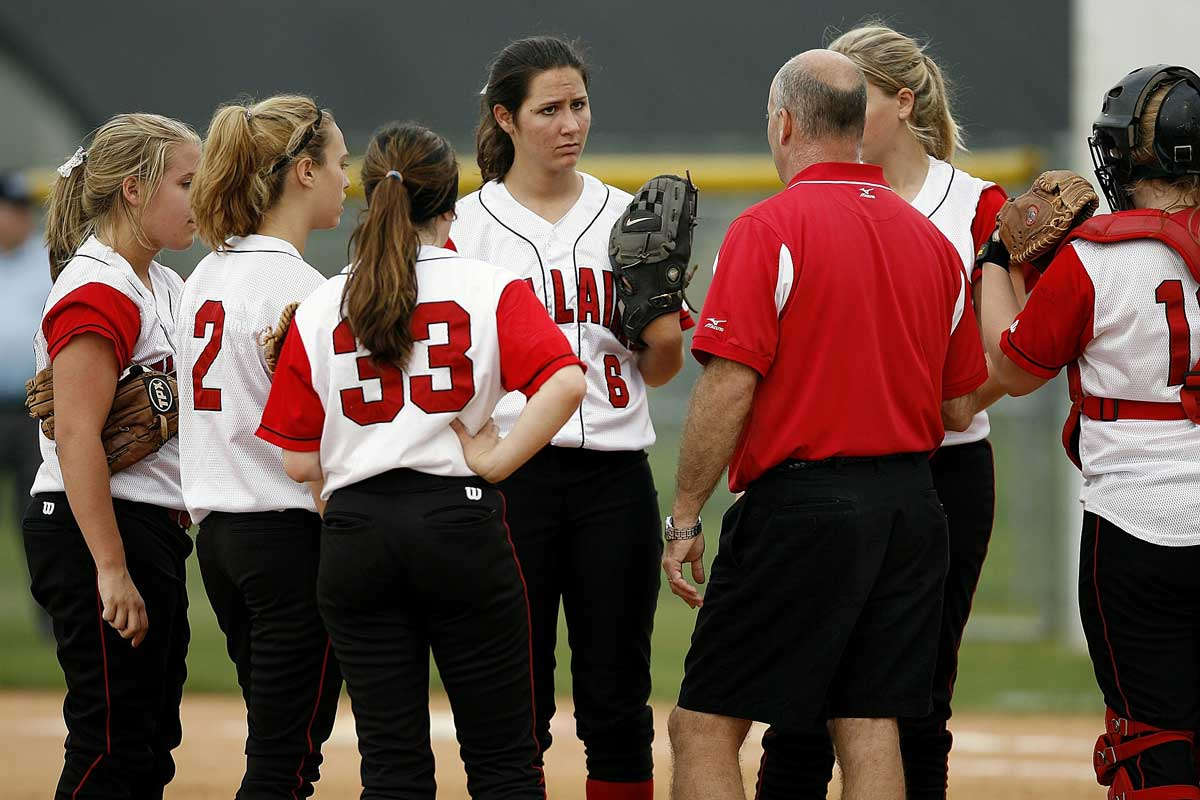 No one looks for a job in a newspaper’s “Help Wanted” section anymore. But some 50 years after the federal Equal Employment Opportunity Commissions in 1968 said that listing jobs under “male” and “female” headings was illegal, the psychological divide lingers – in sports.
No one looks for a job in a newspaper’s “Help Wanted” section anymore. But some 50 years after the federal Equal Employment Opportunity Commissions in 1968 said that listing jobs under “male” and “female” headings was illegal, the psychological divide lingers – in sports.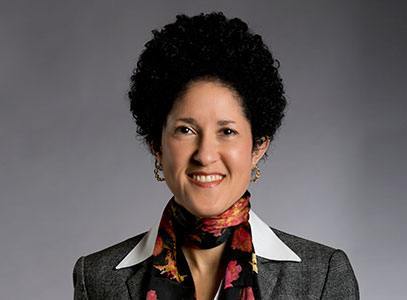 , Ph.D., is the Katherine Stone Kaufmann ’67 Executive Director of the
, Ph.D., is the Katherine Stone Kaufmann ’67 Executive Director of the 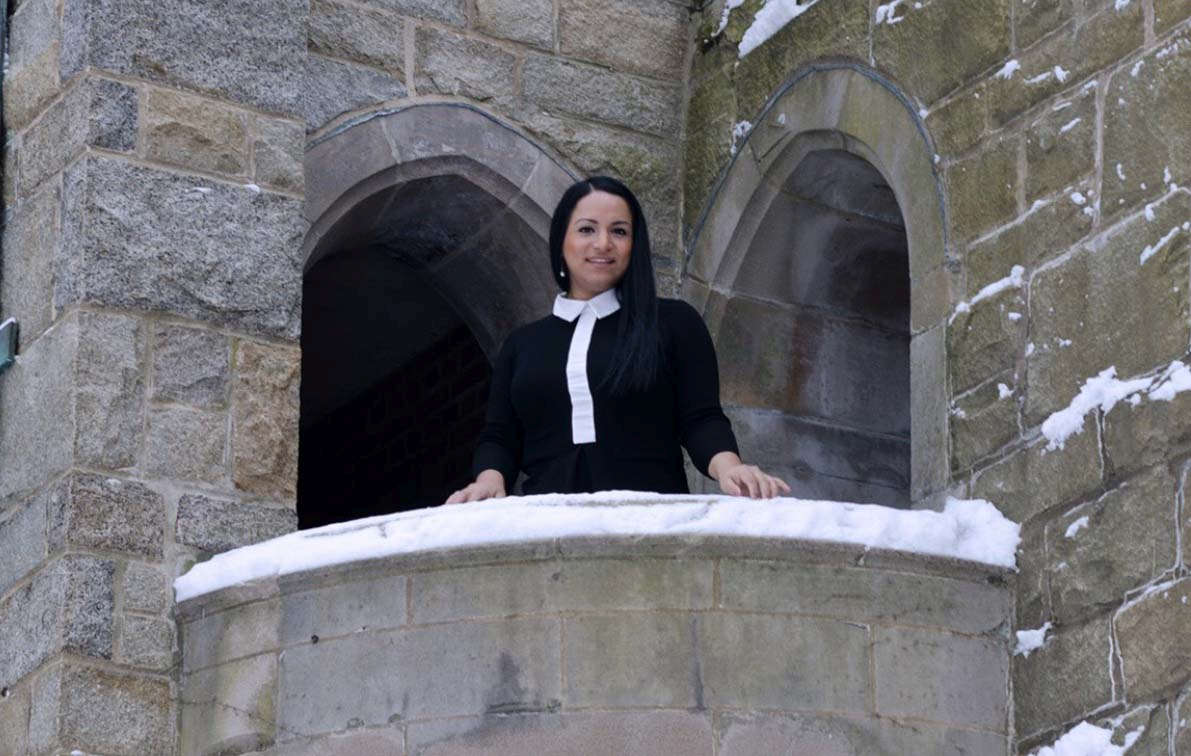 Today, it is almost impossible not to talk about immigration and what that represents to every single individual in our nation. As an immigrant transgender woman who was granted
Today, it is almost impossible not to talk about immigration and what that represents to every single individual in our nation. As an immigrant transgender woman who was granted 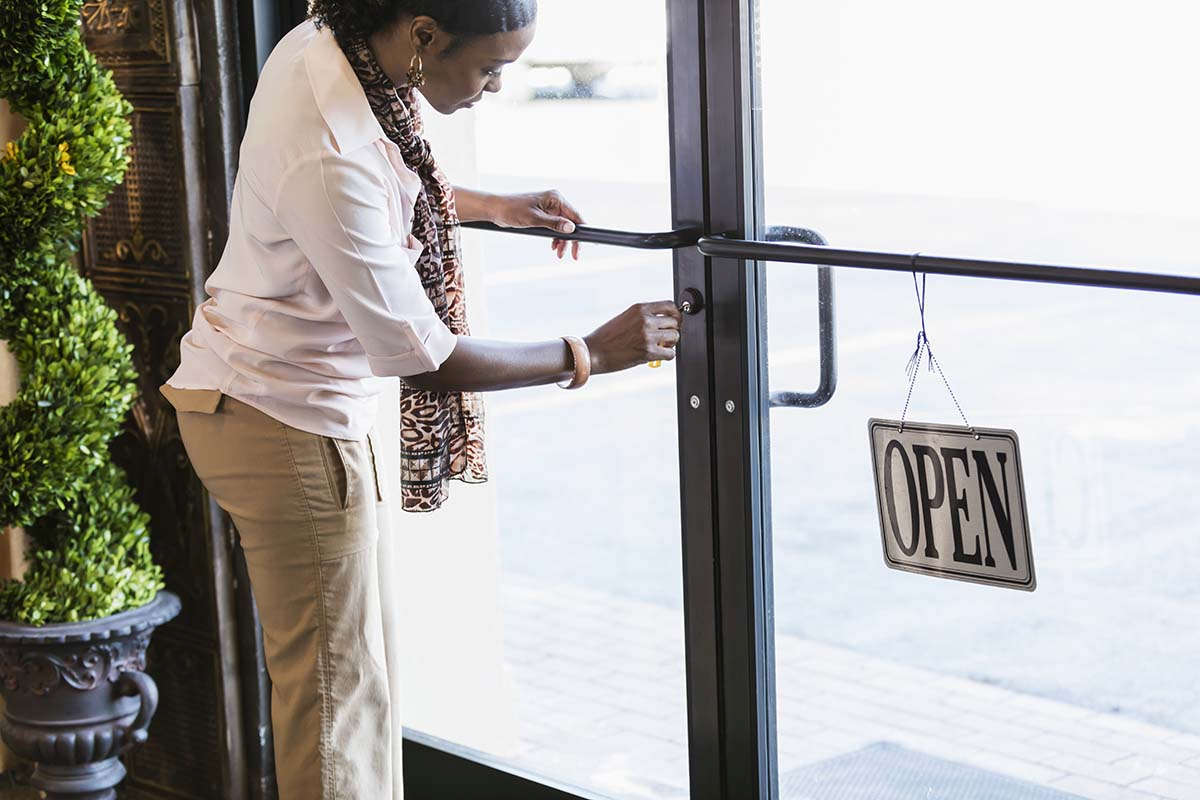 In January 2018, President Trump famously raised his concerns regarding the “lack of Norwegians” and the excess of immigrants from low-income countries entering the United States – and
In January 2018, President Trump famously raised his concerns regarding the “lack of Norwegians” and the excess of immigrants from low-income countries entering the United States – and 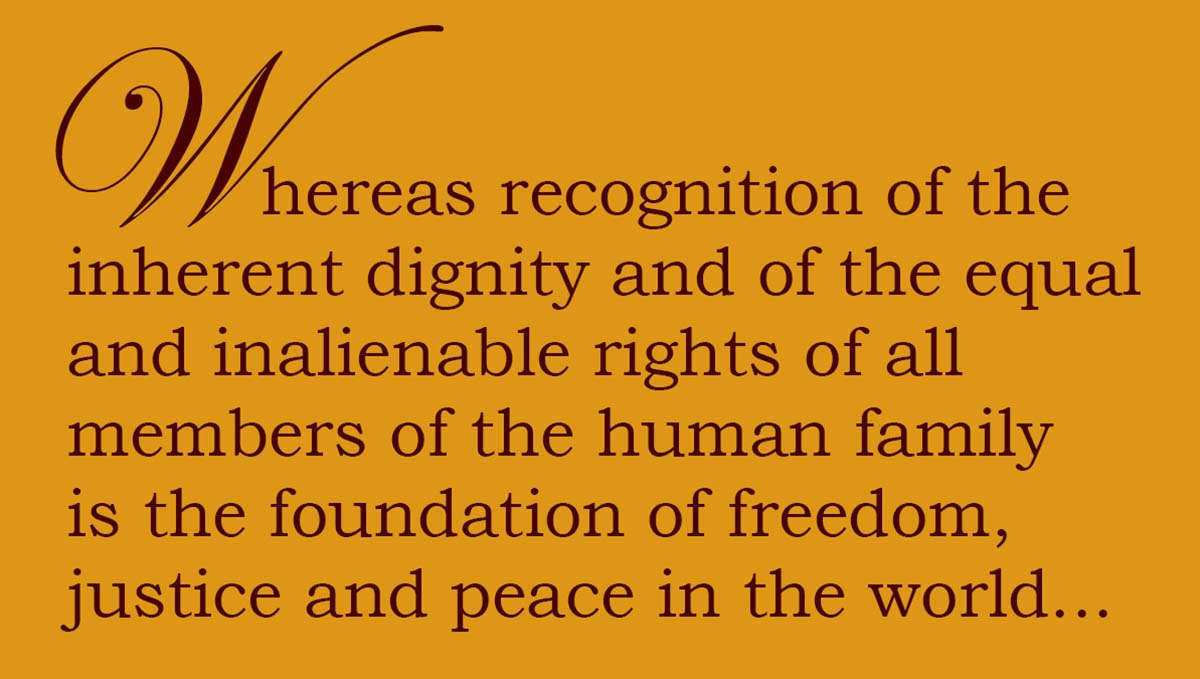 Thich Nhat Hanh, the Vietnamese Buddhist monk nominated for the Nobel Peace Prize by Martin Luther King, Jr., in 1967, famously characterized the human mind as a storehouse filled with two kinds of seeds: good and bad. Humans have the capacity to be both good and evil, he pointed out, and it’s the seeds we water that ultimately grow. Think about that. When we look around the world today, we see a lot of evil sprouting up all around, and we wonder where it came from. We scratch our heads, we point fingers, and sometimes, in frustration, we join in the fray. Based on Thich Nhat Hanh’s insight, we should really take a closer look at how we are watering the seeds of the very evils we decry and detest – incivility, hate-based conflict and violence, and even basic intolerance.
Thich Nhat Hanh, the Vietnamese Buddhist monk nominated for the Nobel Peace Prize by Martin Luther King, Jr., in 1967, famously characterized the human mind as a storehouse filled with two kinds of seeds: good and bad. Humans have the capacity to be both good and evil, he pointed out, and it’s the seeds we water that ultimately grow. Think about that. When we look around the world today, we see a lot of evil sprouting up all around, and we wonder where it came from. We scratch our heads, we point fingers, and sometimes, in frustration, we join in the fray. Based on Thich Nhat Hanh’s insight, we should really take a closer look at how we are watering the seeds of the very evils we decry and detest – incivility, hate-based conflict and violence, and even basic intolerance.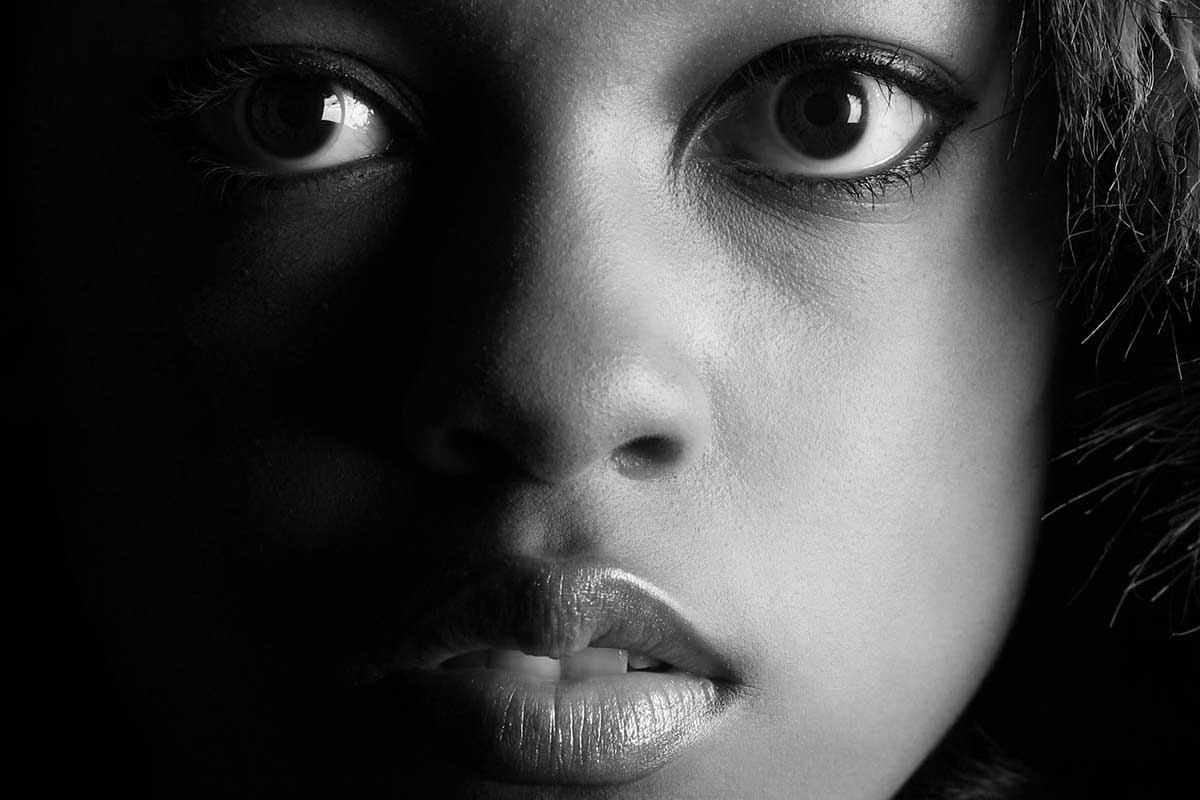 About twenty years ago, I received some unbearable news about a dear friend. A highly intelligent, strong, and beautiful woman of African-descent revealed to me that she contracted HIV as a result of having unprotected sex with a man who had the virus. Twenty years ago, I was convinced that the virus was an automatic death sentence for my friend. Thankfully, with advances in medical technology, not only is she still with us but she is healthy and thriving. However, keep in mind that she has the necessary resources that are needed in order to take care of herself, so she can successfully manage her overall health. She is middle class, has a good health insurance plan, has access to the appropriate health care, and has a supportive social network that encourages her to maintain her health.
About twenty years ago, I received some unbearable news about a dear friend. A highly intelligent, strong, and beautiful woman of African-descent revealed to me that she contracted HIV as a result of having unprotected sex with a man who had the virus. Twenty years ago, I was convinced that the virus was an automatic death sentence for my friend. Thankfully, with advances in medical technology, not only is she still with us but she is healthy and thriving. However, keep in mind that she has the necessary resources that are needed in order to take care of herself, so she can successfully manage her overall health. She is middle class, has a good health insurance plan, has access to the appropriate health care, and has a supportive social network that encourages her to maintain her health.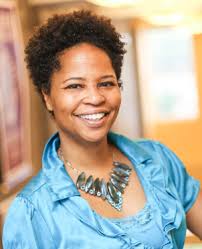 Ph.D., is a former post-doctoral intern at the
Ph.D., is a former post-doctoral intern at the 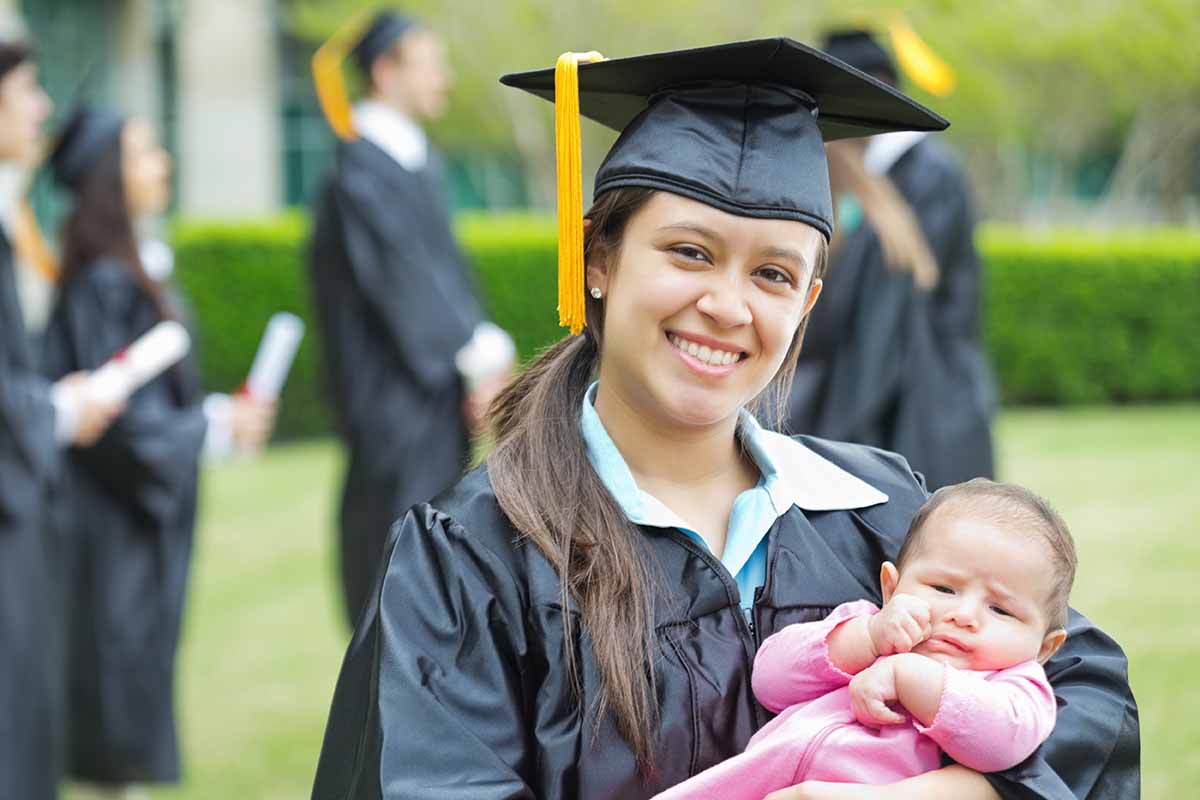 “Someday you will go to college, too,” a young mother tells her eight year old son at her baccalaureate graduation ceremony.
“Someday you will go to college, too,” a young mother tells her eight year old son at her baccalaureate graduation ceremony. 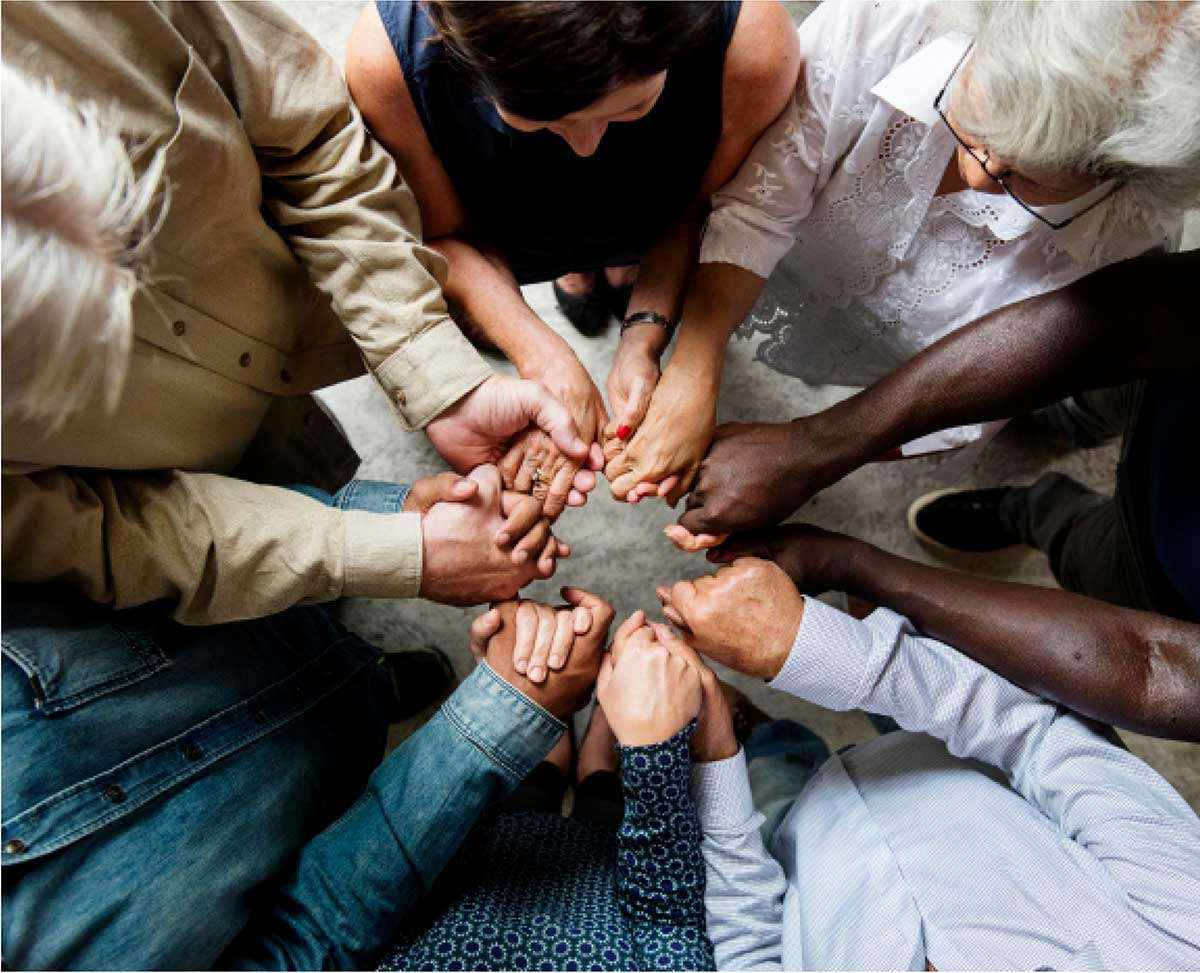 In the “
In the “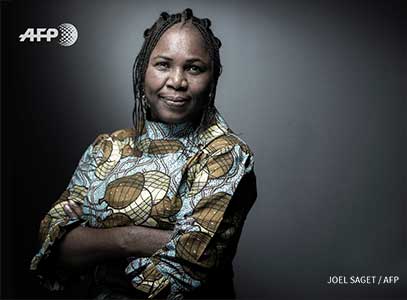
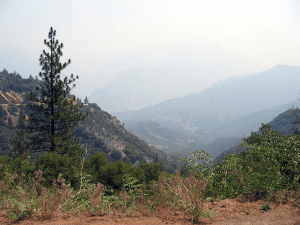 This landscape is familiar, strewn with ash and blood. We’ve been here before, too often, seeking the living, counting our dead. I know the terrain, can pick my way stumbling over the bodies, the stench of fear and hatred lingering in the air; the thoughts and prayers; the headlines and statistics.
This landscape is familiar, strewn with ash and blood. We’ve been here before, too often, seeking the living, counting our dead. I know the terrain, can pick my way stumbling over the bodies, the stench of fear and hatred lingering in the air; the thoughts and prayers; the headlines and statistics.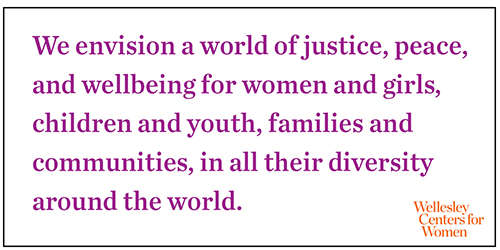 At the Wellesley Centers for Women, we envision a world of justice, peace, and wellbeing for women and girls, children and youth, families and communities, in all their diversity around the world. Like so many, our will and spirits have been tested by recent events, but our resolve has been strengthened. The fatal shooting of two African Americans in a Jeffersontown, Kentucky, grocery store; the more than a dozen pipe bombs sent to CNN and prominent progressive political leaders and supporters across the country; and the mass shooting of eleven worshippers at the Tree of Life Synagogue in Pittsburgh, Pennsylvania, are evidence that we need to stand strong and work together—to provide comfort, hope, knowledge, and power — to help shape a better world. We at WCW stand with those whose lives are forever changed. Only when social equity and equality, psychological wellbeing, peace, and freedom from violence and want evince for all people will our work have reached its true aim.
At the Wellesley Centers for Women, we envision a world of justice, peace, and wellbeing for women and girls, children and youth, families and communities, in all their diversity around the world. Like so many, our will and spirits have been tested by recent events, but our resolve has been strengthened. The fatal shooting of two African Americans in a Jeffersontown, Kentucky, grocery store; the more than a dozen pipe bombs sent to CNN and prominent progressive political leaders and supporters across the country; and the mass shooting of eleven worshippers at the Tree of Life Synagogue in Pittsburgh, Pennsylvania, are evidence that we need to stand strong and work together—to provide comfort, hope, knowledge, and power — to help shape a better world. We at WCW stand with those whose lives are forever changed. Only when social equity and equality, psychological wellbeing, peace, and freedom from violence and want evince for all people will our work have reached its true aim.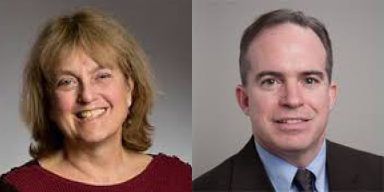 Nan Stein
Nan Stein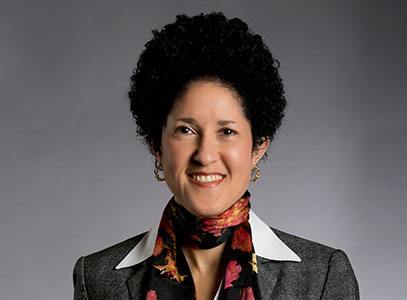 This week, the
This week, the 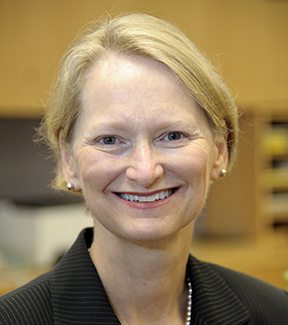 Emily Style’s beautiful phrase “curriculum as window and mirror” has had an enormous impact on my work as a teacher and teacher educator over the last 30 years. Other proponents of multicultural education have, over those years, deployed many more words to assert what curriculum ought to be and do. Emily’s lyrical imagery is testament to her skills as both poet and educational theorist. And, generations of teachers are all the better for having taken these words to heart as they consider the choices they make in responding to the students in their classrooms.
Emily Style’s beautiful phrase “curriculum as window and mirror” has had an enormous impact on my work as a teacher and teacher educator over the last 30 years. Other proponents of multicultural education have, over those years, deployed many more words to assert what curriculum ought to be and do. Emily’s lyrical imagery is testament to her skills as both poet and educational theorist. And, generations of teachers are all the better for having taken these words to heart as they consider the choices they make in responding to the students in their classrooms.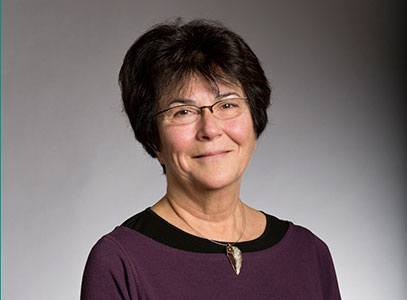 When I first came across
When I first came across  This article was posted by Amy Banks, M.D., on September 18, 2018 in her Wired for Love blog on Psychology Today.
This article was posted by Amy Banks, M.D., on September 18, 2018 in her Wired for Love blog on Psychology Today.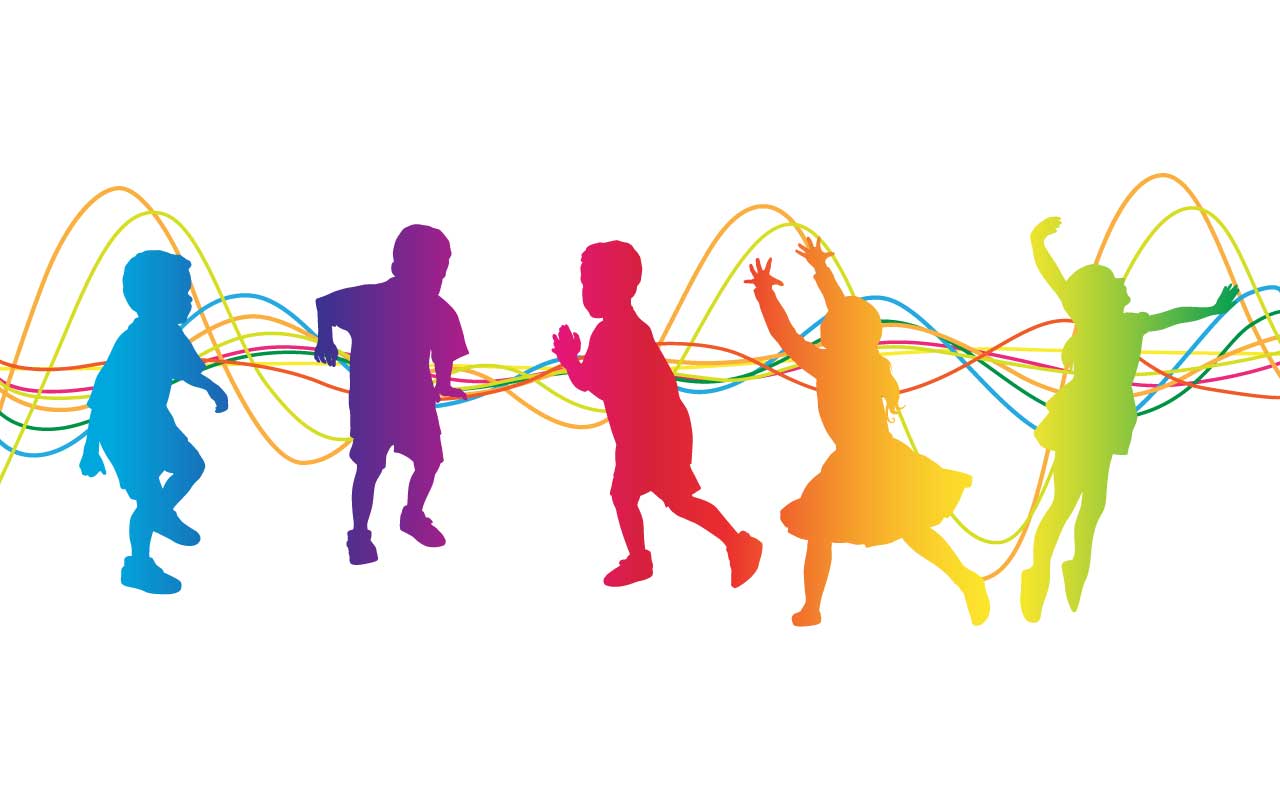 About 20 tweens pile into the unassuming studio space of their ballet school in mid-July. There are no frills here. The waiting area is small and a bit disheveled; the cinder block building has seen its share of life. But look closer: there’s magic inside.
About 20 tweens pile into the unassuming studio space of their ballet school in mid-July. There are no frills here. The waiting area is small and a bit disheveled; the cinder block building has seen its share of life. But look closer: there’s magic inside.